In every engagement that we can get involved with, especially when there is professionalism involved, we are usually bound to have contracts. The contract defines the terms and conditions…
continue readingContracts protect the interests and properties of businesses. As one organization enters an agreement with another for a joint project, it presents the foundation and responsibilities of each party. Both parties must be aware of their obligations to accomplish any task at hand. As the contract is legally binding, any kind of breach or non-compliance from any of the parties involved is unlawful and is subject to litigation and may be liable for damages. The frequency of dealing and engaging with contracts and agreements is not an assurance that you are already fully aware of its nitty-gritty details. Contract deals should be read and processed thoroughly.
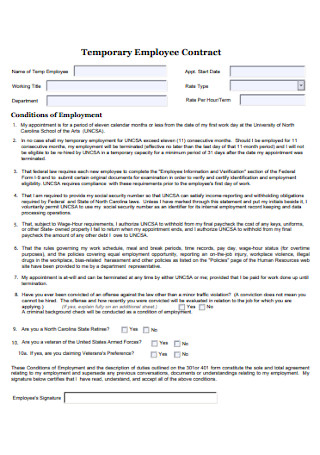
In every engagement that we can get involved with, especially when there is professionalism involved, we are usually bound to have contracts. The contract defines the terms and conditions…
continue reading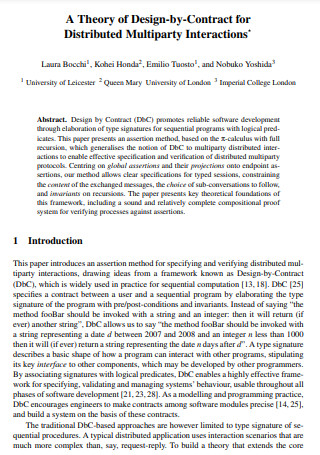
Contracts are present in all aspects of our daily existence. When renting a home, one must adhere to the provisions of a lease. If you have a mortgage contract,…
continue reading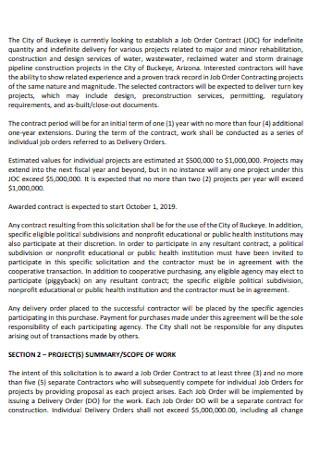
Working from home, whether full-time or part-time, has become the new standard for many of us, bringing new obstacles at work. Due to distractions, interruptions, and the constant need…
continue reading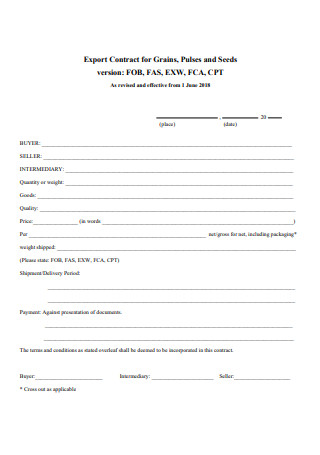
To expand a business, companies look to sell to foreign countries to increase their revenues. They export their products to other countries which enables them to generate better sales.…
continue reading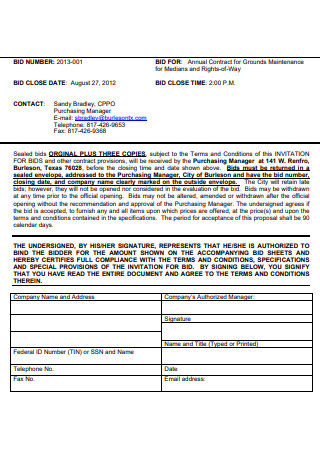
When you consider landscaping and grounds upkeep, you likely consider the appearance and value of your home. Good landscaping can subtly represent the values of your business. This is…
continue reading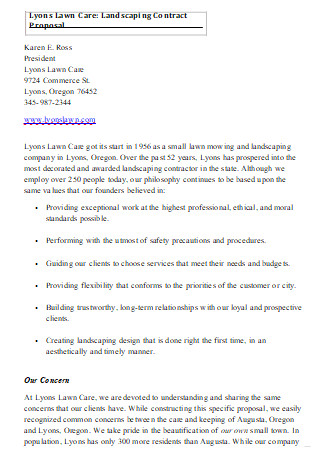
For your family to have the best experience, your lawn should be healthy. It serves as a space for outdoor activities. This is where you can relax under the…
continue reading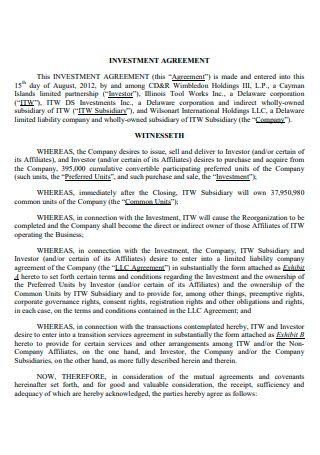
Events occur at any time, as well as anywhere and everywhere. These types of occurrences can generate businesses suited to the needs of these matters. Due to this business's…
continue reading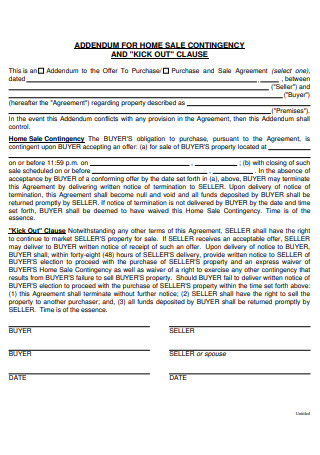
Do you want to purchase a new home? Or do you want to sell your house? If yes, you need to be aware of the ins and outs of…
continue reading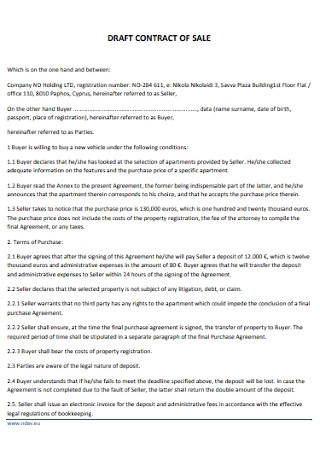
Buying a house can be complicated. You have to go through a lot of things before you can move into your new home, like handling matters related to real…
continue reading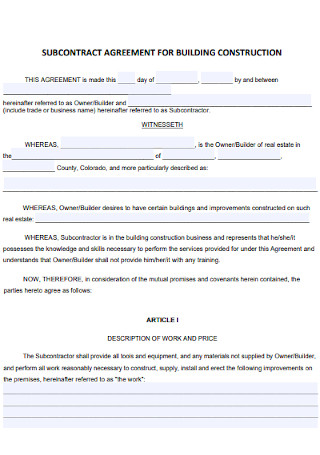
Building your homeowner's dream home requires the assistance of a general contractor or a labor contractor that can do the job professionally. Set your terms and conditions in performing the project…
continue reading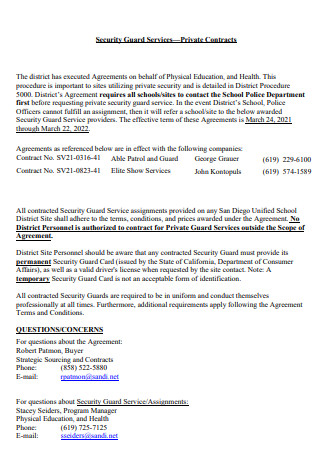
Contracts are legal documents that bind the parties to the terms stipulated. It might be a contract between two or more parties in which they all agree to the…
continue reading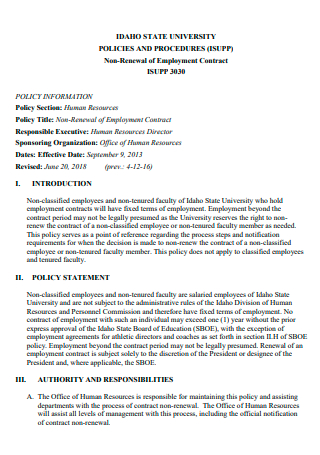
To be employed in a university is a good job that anyone can have. But before you can start your job in the university, you should enter into a…
continue reading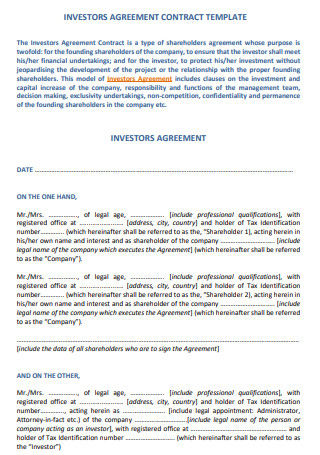
When we have money, the best way to handle it is to invest it. Through investments, we can make our money grow. There are many ways how we can…
continue reading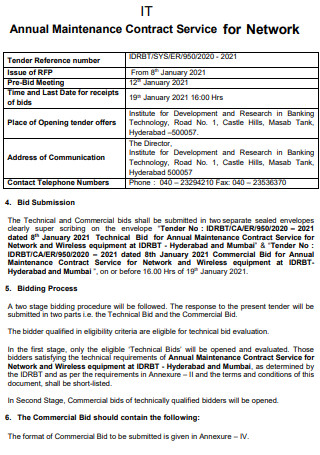
Nowadays, most companies, especially those that focus on the technological aspect, rely on different types of IT services and look for ways to optimize them in order for them…
continue reading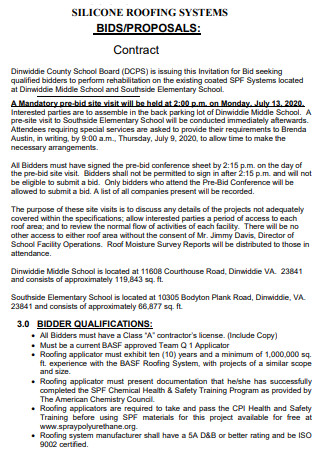
The roof system is constructed by a number of separate components—deck, insulation, membrane, and flashings—that must interact with total synchronicity. Improper application of any of the components within the…
continue reading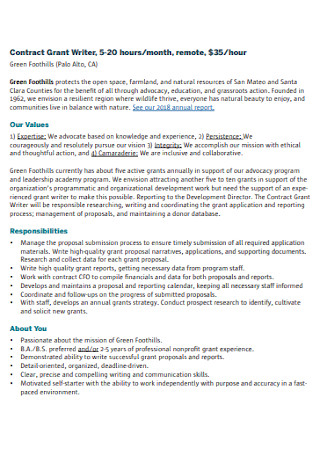
Grant writing is for people who have a strong heart to ask for other people's help. It requires a good character to write a great grant proposal and a…
continue reading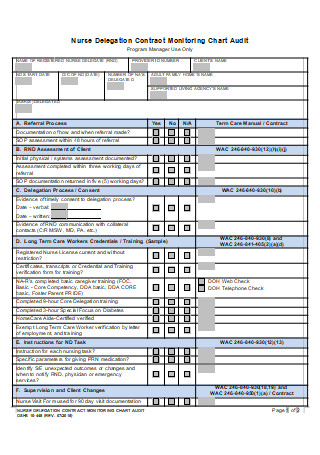
According to statistics, 48 million people get sick every year in the United States. 128,000 of them have the chance to be hospitalized and 3000 of them die. With…
continue reading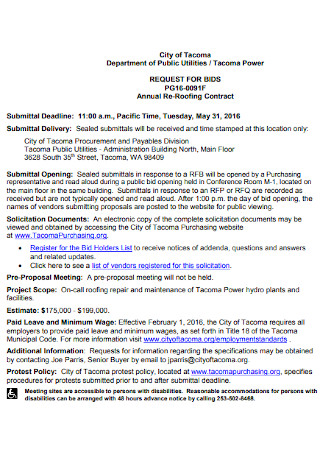
Structures like buildings and houses provide safety and comfort to residing individuals. These facilities or establishments must be structurally sound to ensure the stability and durability of materials, internally…
continue reading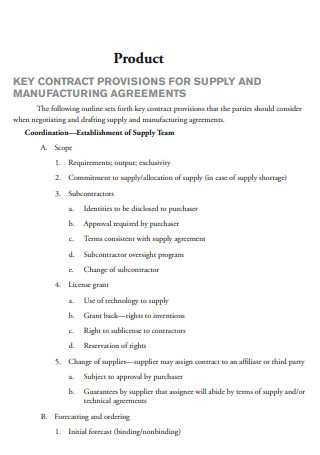
If you have a business, you know that your business operations will not be complete unless you have the necessary materials to do the work in your company. When…
continue reading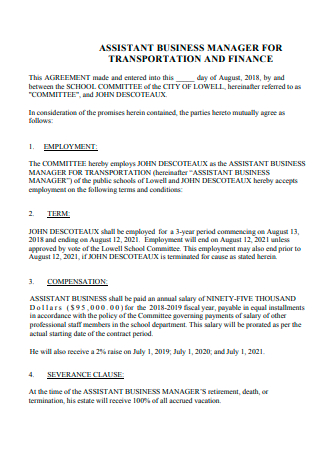
Managers have a good job of handling employees or talents. They demonstrate good leadership in business. Whether business managers have to enter a managerial job at a company or…
continue reading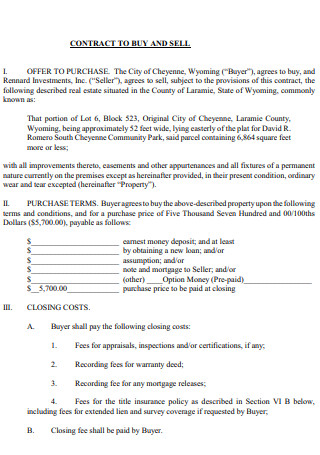
People who have a business work hard for their business to make it progressive. They value their time a lot and they exert too much effort just to make…
continue reading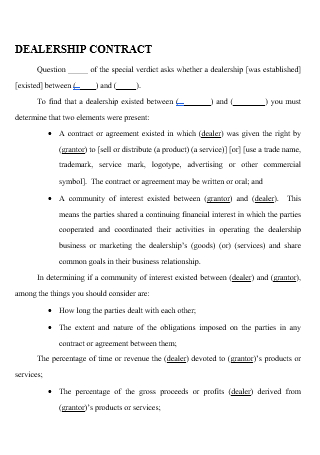
When it comes to discussing about contracts, there will always be at least two parties involved—one who offered the contract and one who accepts the general contract. Without these…
continue reading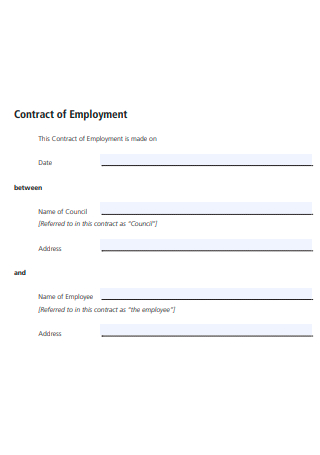
When we have a new job, we have to enter into an employee contract that will dictate all the terms for our employment. This contract makes an individual be…
continue reading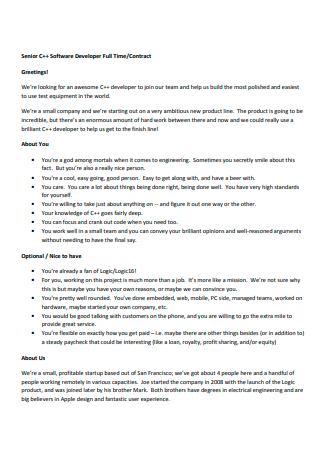
“A programming language is for thinking about programs, not for expressing programs you have already thought of. It should be a pencil, not a pen,” Paul Graham quotes. Software…
continue reading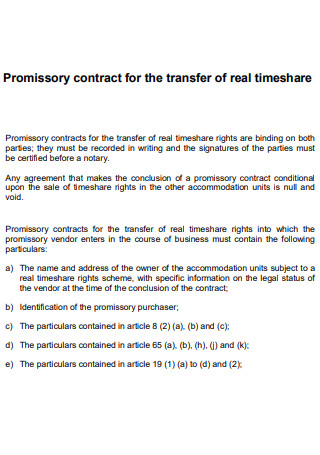
Times are difficult nowadays, and that especially rings true for someone who is involved in a stressful work environment. That employee has probably been dreaming of much-needed time off work…
continue reading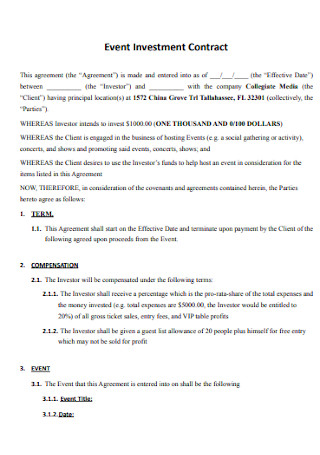
One vision wedding and event companies have in common is to guarantee satisfaction for their clients. And with over $2.95 billion market size from the party and event planner…
continue reading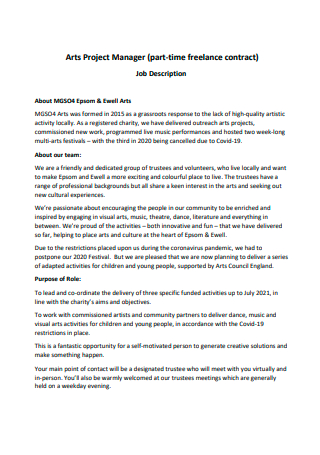
Being a freelancer can be fun and challenging. There can be a thrill every time that you will bid on projects and you will experience joy every time you…
continue reading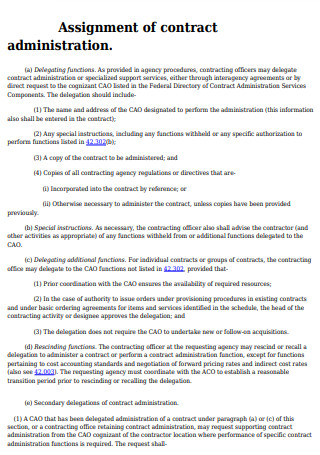
There are times when a party in a contract will want to relinquish his/her rights and responsibilities to another individual or party while the terms and conditions of the…
continue reading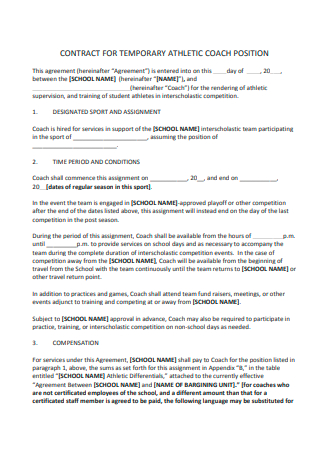
Teaching can sometimes extend well beyond the four walls of the classroom. People say that the greatest teacher is experience. While this is true, some teachers are excellent themselves.…
continue reading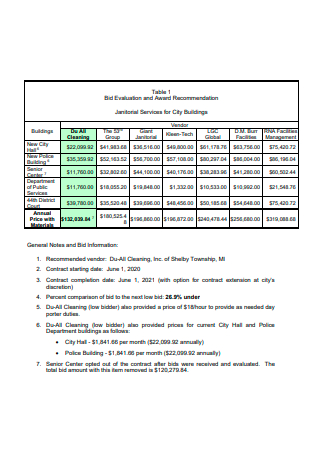
Have you ever dealt with unrealistic client expectations, delayed payments, and other related issues upon running a janitorial service company? Then take control of your rights and overall cleaning business…
continue reading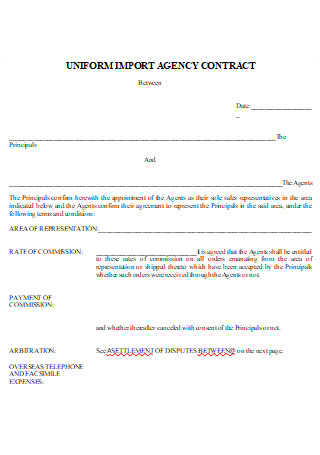
It's natural to believe that export is preferable to import at first. After all, it's preferable to get paid than to pay. That is the simplest way to comprehend…
continue reading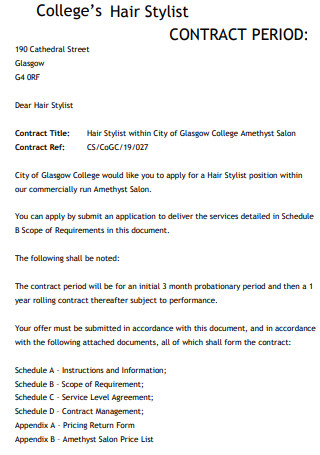
Whenever we will go to an event like a wedding or debut, we sometimes need the help of a hair stylist to fix our hair and makeup. We will…
continue reading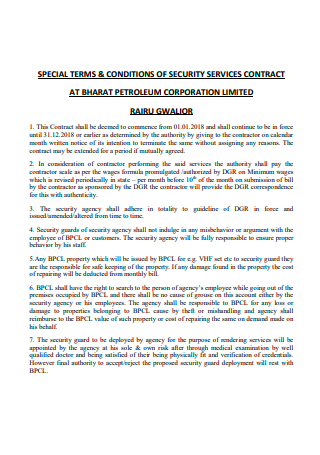
Launching a new business in any industry involves time and financial investment. However, breaking it down to manageable task, the prospect is less tiring. If the type of business…
continue reading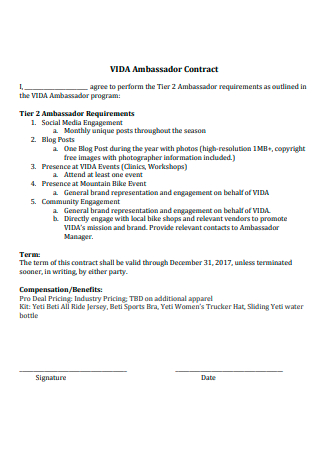
In recent times, most companies often rely on brand ambassadors to help promote their products or services. While this can happen naturally, sometimes the brand ambassador is paid through…
continue reading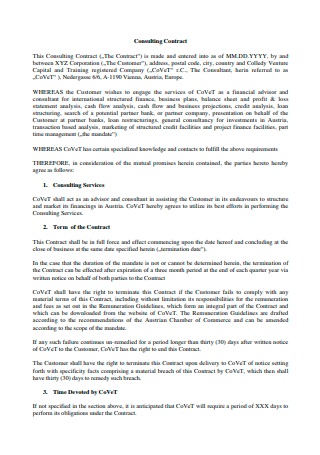
Even the most seasoned experts require a shift in perspective from time to time to be effective. To attain their goals in this manner, people require the assistance of…
continue reading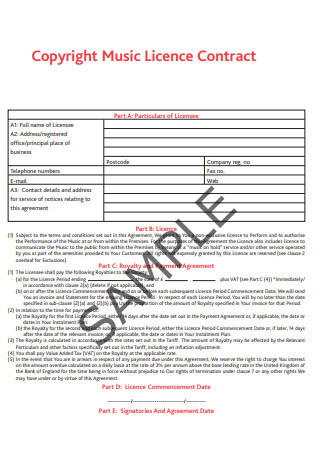
Musicians can have a great career if their music will be popular with the public. But before this can happen, companies or studios buy their music. This is how…
continue reading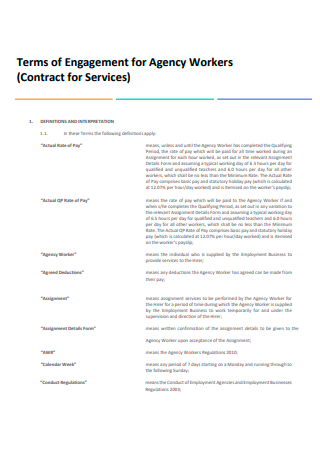
Everyone knows that it is so hard to find a job. Job applicants apply from job to job before they can finally get themselves work that can sustain their…
continue reading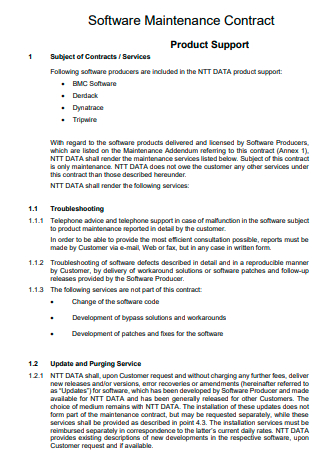
After the software is developed and subsequently released to the public for general use, the customers then end up using the particular software product for their own needs, such…
continue reading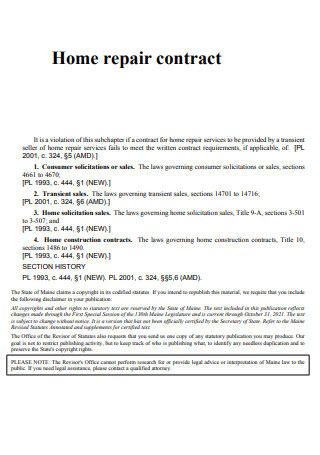
How often do you check your home for repairs? If the answer is rarely, you need to change your ways because you may not be aware of the current…
continue reading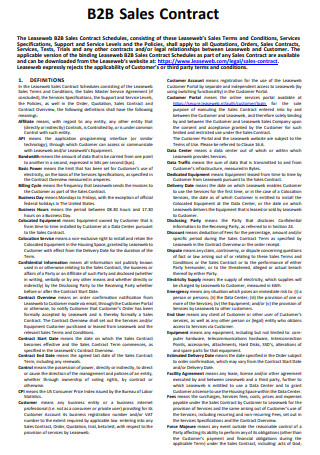
Have you developed a sales strategy? Entrepreneurs, Sales Executives, and Sales Managers can all benefit from developing sales strategies — whether for their company, department, or team — as…
continue reading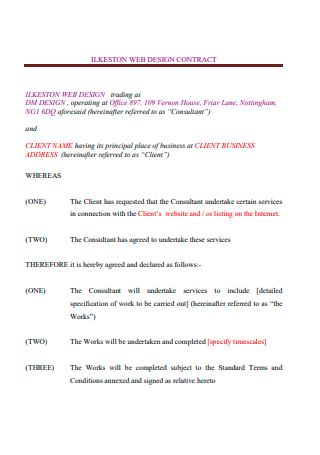
Are you planning to run a web design business? If so, you should consider making legal contracts for your projects like the Web Design Contract because this is a…
continue reading
“In the restaurant business, you learn quickly there's no margin in having enemies,” John Hickenlooper said. Restaurants are meant to be an open and warm environment, not merely for…
continue reading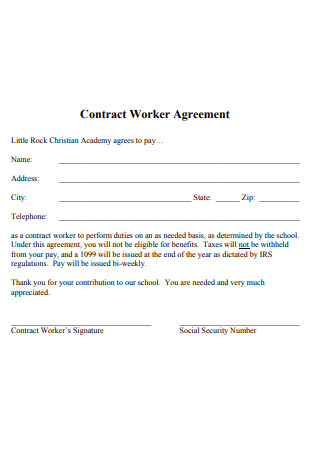
These days, it is so hard to find a job. Though there are different types of job employment like full-time jobs, part-time jobs, and freelance jobs, applicants may find…
continue reading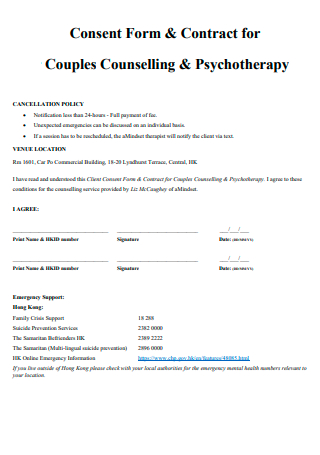
Everyone experiences problems once in a while. Sometimes we do not know where we can turn to. We need to let our feelings out so that stress will not…
continue reading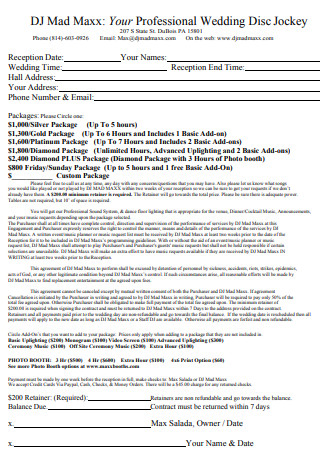
“A good wedding DJ should have a passion for all genres of music so that he can predict the response of people in the room when he plays certain…
continue reading
At present, many individuals have access to a wide range of information through the help of the internet. As long as a person has electronic access, including cell phones,…
continue reading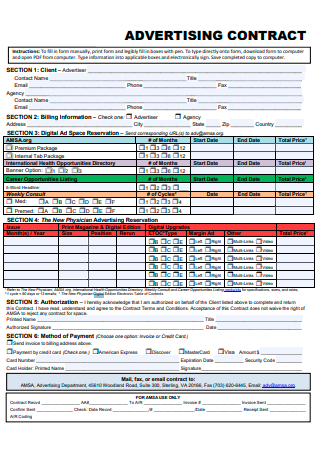
When talking about digital marketing, the brand’s purpose needs to radiate through every kind of communication—which means creating contents not just for website alone but for all other forms…
continue reading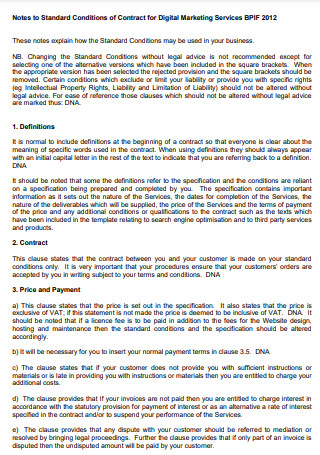
With the continuous advancement of new technologies, there are different ways for businesses to promote their products and services to the general public. For the past years, marketing has…
continue reading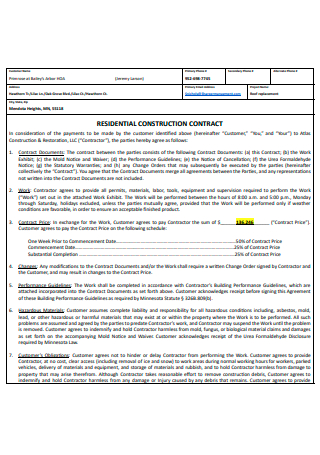
Any structure that is used as a residence or sleeping place by one or more residents is considered a residential building. On that basis, it can be a family…
continue reading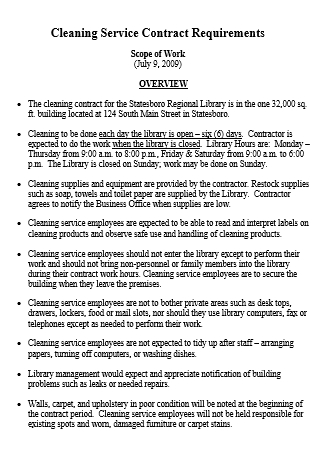
A lack of order and cleanliness in one's life can be detrimental to productivity and encourages lethargic behavior. However, not everyone has the time or energy to spend their…
continue reading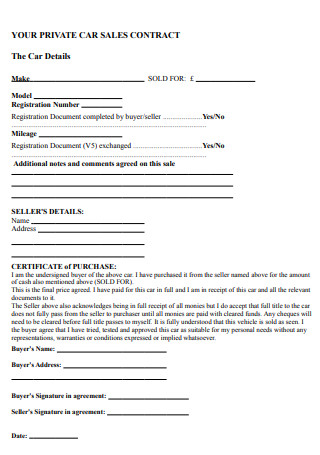
Lithia Motors Inc. is one of the largest retailers of used cars in the US. With its main branch in Charlotte, North Carolina, it has over 50,000 used vehicles…
continue reading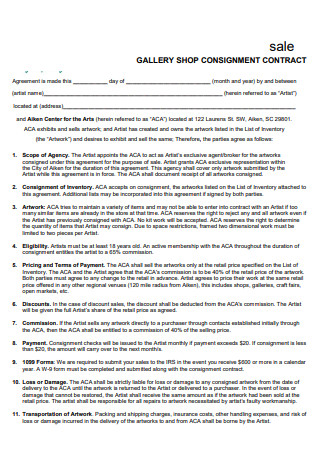
Suppose you are a struggling artist (for example, a photographer) who is looking to make decent and quick money to sustain your everyday needs such as putting food on…
continue reading
Every business needs to have the right amount of funding before starting to operate. The funds will be used for startup expenses such as paying for permits and licenses,…
continue reading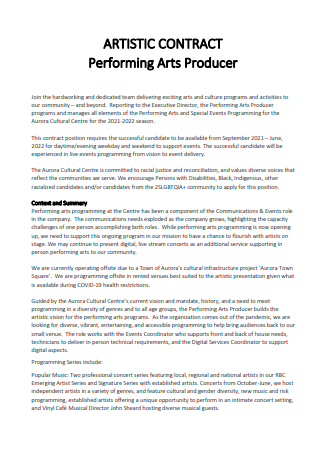
Working in the music industry has been one of the biggest dreams of most people. Music has been giving great impacts to the lives of many. Aside from the…
continue reading
Long before the coronavirus pandemic changed the way people live, a considerable percentage of people were already subscribing to remote work and other alternative work arrangements. Freelancers, virtual assistants…
continue reading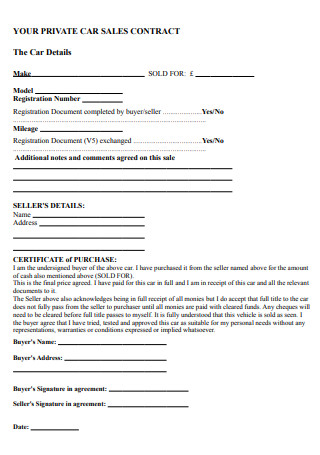
With the status of public transport being at current disorganization especially due to the ongoing pandemic, many people have resorted to buying their own mode of transportation, whether it's…
continue reading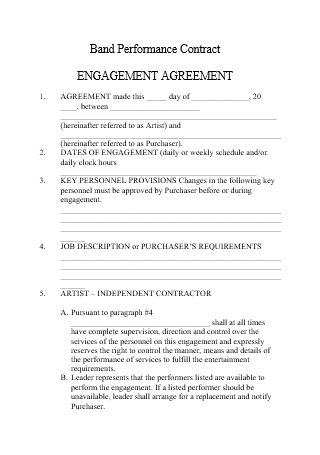
Sound on its own could be a noise, a distraction, or a background with little to no substance. Music, on the other hand, is generated when notes harmonize, and…
continue reading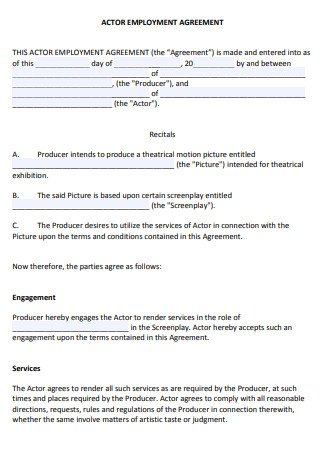
There are so many kids who dream about becoming an actor someday. While most kids who come from wealthy families enroll in an acting school, some eventually develop their…
continue reading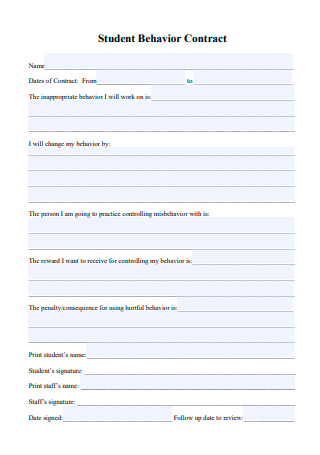
As individuals, our behavior can affect ourselves and those around us. Our behavior can also affect the smooth business operations and the longevity of professional relationships in a business situation. Are…
continue reading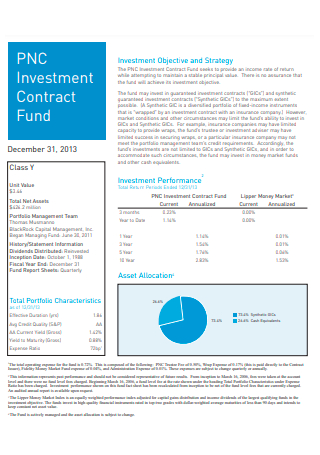
Entrepreneurs invest in commercial ventures to boost earnings. Whether a business is small or large, partnership agreements in investment proposals and negotiations can significantly impact how the organization operates.…
continue reading
Whether it is part-time or full-time, there's almost a required minimum hours worked. A minimum of 40 hours per week or, depending on your employee contract, 20 hours per…
continue reading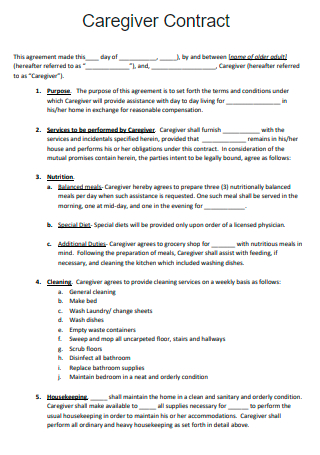
It has been a subtle role of a family to care about the people they love especially when they are sick or old. However, due to hectic schedules and…
continue reading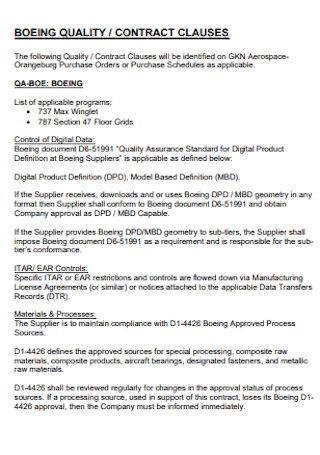
It is easy in today's world to take for granted the dependability and high quality of our everyday purchases. At the beginning of the twenty-first century, quality control in…
continue reading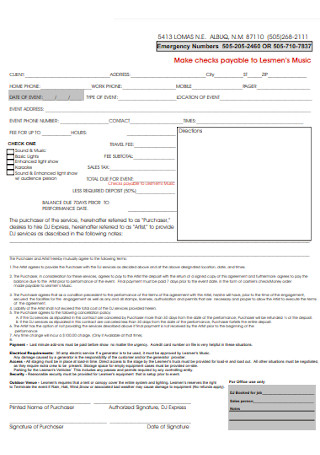
There's more to a disc jockey's job than simply to play catchy beats, hype up the crowd, and attend lavish parties 24/7. Behind the scenes, DJ contract terms and…
continue reading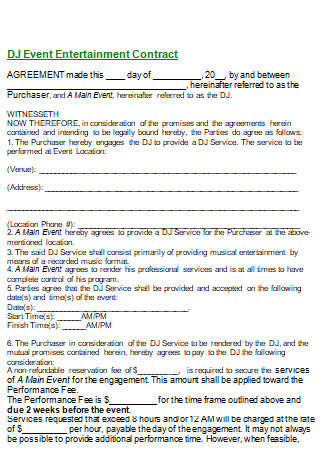
Music is a fundamental form of communication that is not constrained any language. Its artistry bridges many disparate points of view. Beats and lyrics that contribute to a song's…
continue reading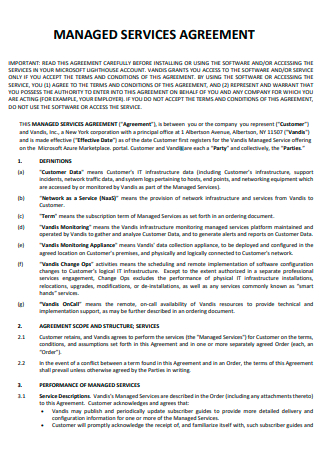
It is essential for every business that it is able to effectively manage all of its activities as well as the amount of money that it spends on a…
continue reading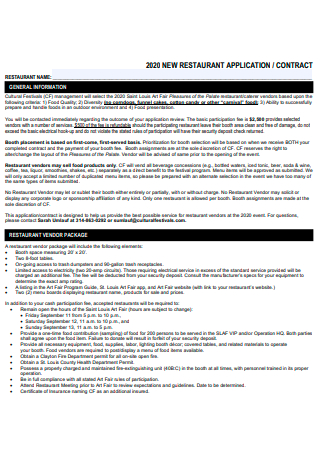
“A clear vision, backed by definite plans, gives you a tremendous feeling of confidence and personal power,” Brian Tracy quotes. A private party gives off a feeling of exclusivity…
continue reading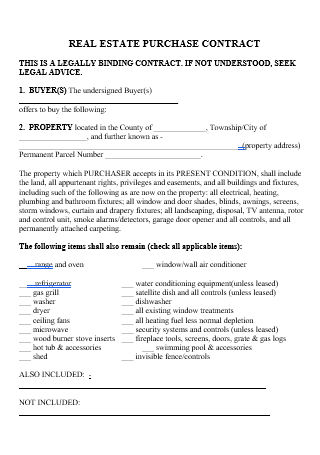
A written agreement is required when purchasing or selling real property, such as a house, land, or condominium. This contract, referred to as a real estate purchase contract, is a…
continue reading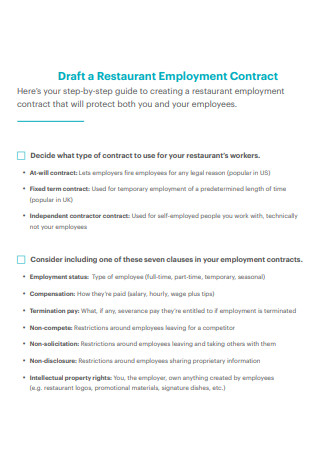
A restaurant, café, or bakery is only as good as the employee it hires. If you want to ensure that your business is something that will last for a…
continue reading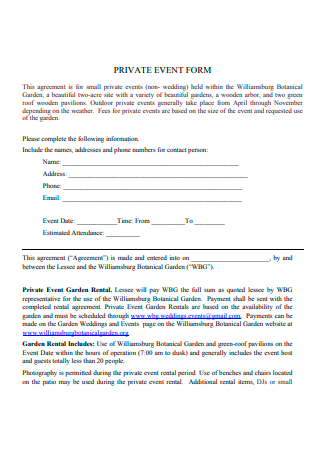
The task and responsibility of the event planner are not an easy thing to handle and accomplish. You have to make sure the event goes well from the pre-planning…
continue reading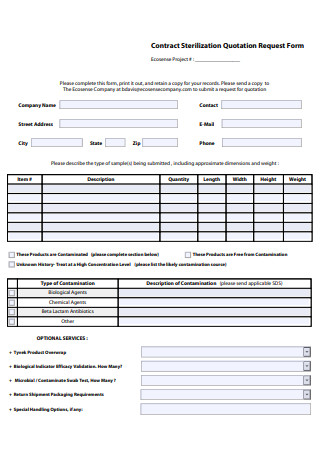
A Quotation Contract is a crucial document that outlines the price estimates, scope, and terms of a project or service. It bridges the gap between clients and service providers,…
continue reading
Part and parcel of keeping a tech environment in top shape is by having a tech company embark on an IT project of some sort in order to conduct maintenance of…
continue reading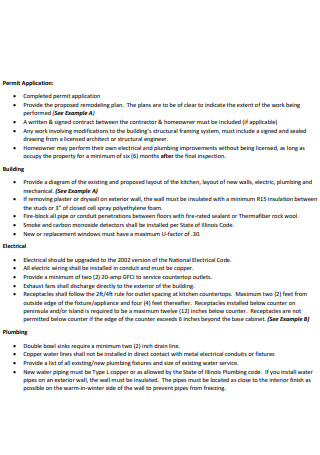
We should maintain the beauty of our home. Years can make our kitchen tiles chipped and our counters full of spots. Its durability can be consumed in time and…
continue reading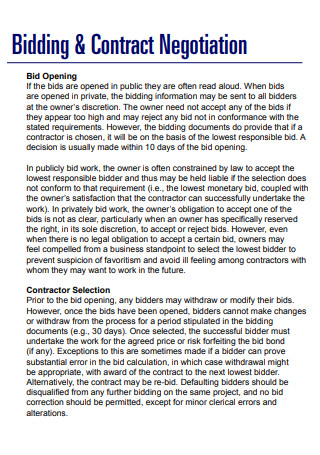
The identification, procurement, and inception of projects can all be accomplished in a variety of methods. Some ideas are born in-house and arise from a business opportunity that the…
continue reading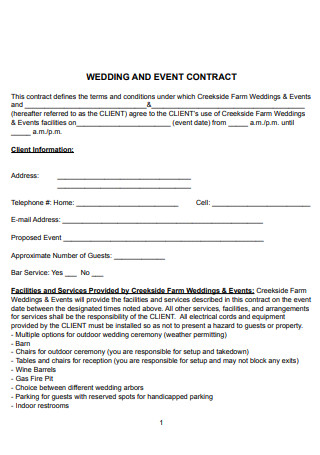
There is nothing perhaps as big and as important an event in a woman’s life than her very own wedding day. For most women, it’s that day that they…
continue reading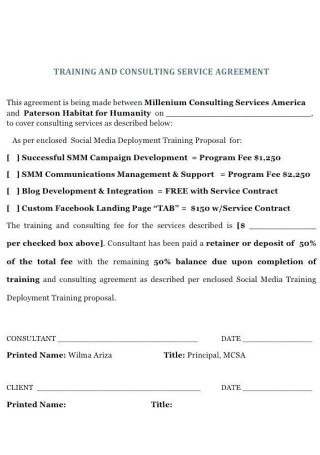
When running any type of business, the owner must be aware of any commercial risks that the company may be exposed to in order to limit and minimize those…
continue reading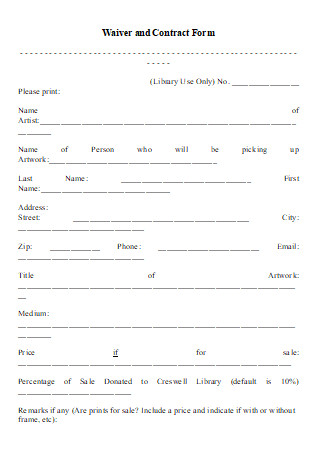
A waiver contract is an agreement in which one party agrees to voluntarily waive a claim without exposing the other party to liability. A waiver contract is an expression…
continue reading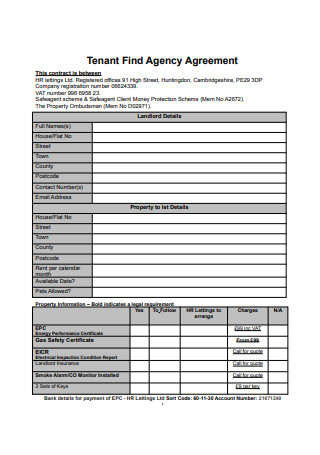
When you first start working and earning a living, it is natural for you to want to start making investments so that you may benefit from the opportunities that…
continue reading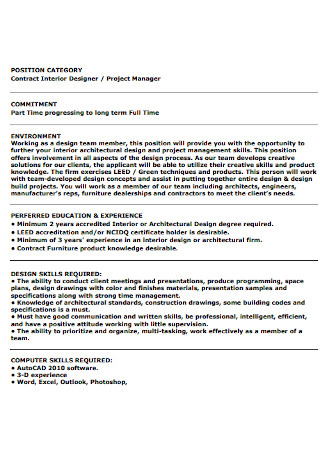
Contrary to public opinion, there is so much more that goes on in Interior Designing than just decorating. It is optimizing spaces to improve the quality of the lives…
continue reading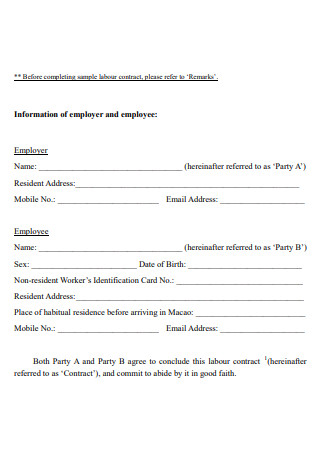
Various topics are addressed in the provisions of any sort of labour contract, including but not limited to the following: It is vital to note that one of the…
continue reading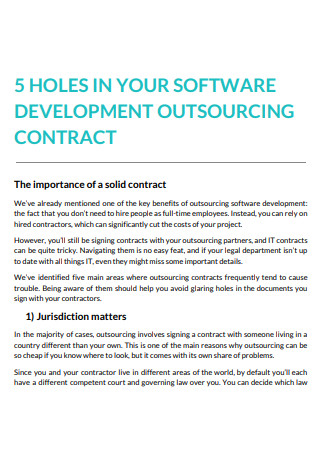
Some individuals wish to develop software for businesses in which they are not currently employed. However, because these individuals are not exclusively associated with a single company, anyone wishing…
continue reading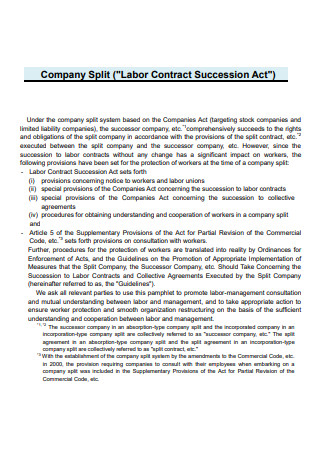
By definition, the term labor refers to tough physical or mental work, especially one that is fatiguing to an individual. Work and labor have become a fundamental part of all…
continue reading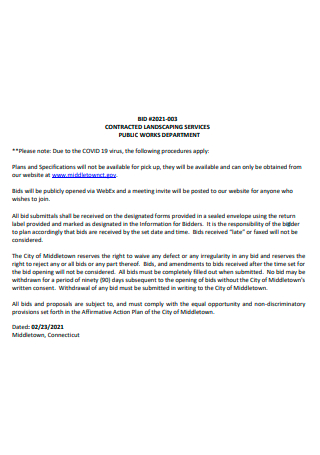
It has been your dream to have your own beautiful garden where you can enjoy admiring nature more. While it takes a lot of time of deciding and preparing…
continue reading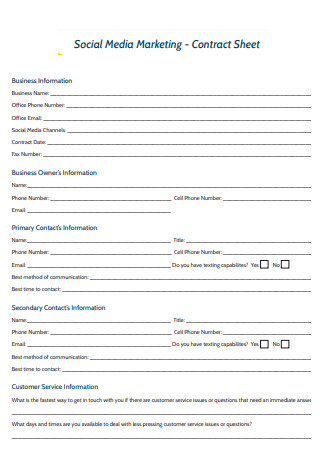
Everyone you know (or nearly everyone) is basically on social media nowadays. They can be on Instagram sharing their wonderful photos, on YouTube watching the most popular or their…
continue reading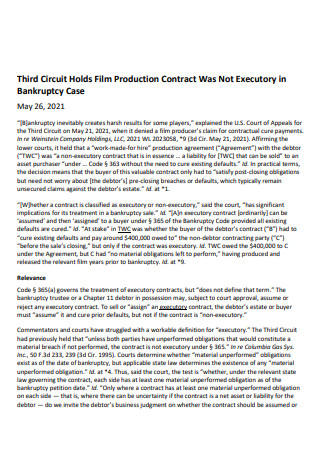
Opening a film production company is never easy, however, getting yourself enough manpower will work everything out. It is a no-brainer that being in a team of different people…
continue reading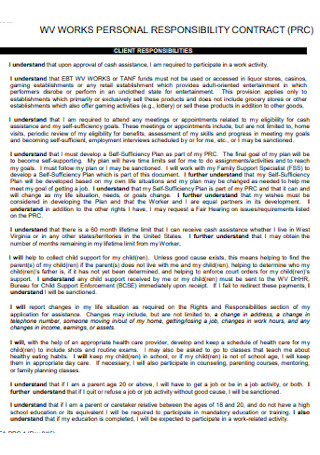
The term "Personal Contract" can be used to refer to a variety of various sorts of agreements. It can refer to a contract that solely binds a single individual,…
continue reading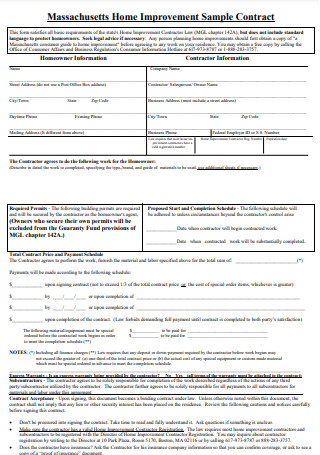
Finding a home renovation contractor may not be easy, especially one that will suit the client’s preferences and needs. Since not all companies will have the same interests as…
continue reading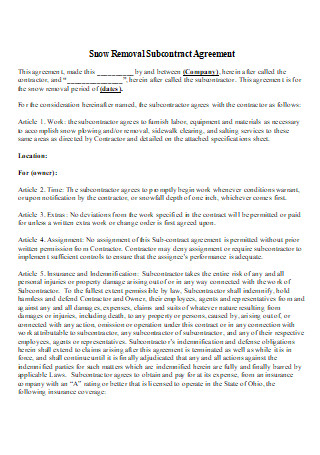
It is always memorable to witness the first fall of snow. People observe snowfall as a symbol for the start of winter. For individuals in the western section of…
continue reading
Contracts are an important document in terms of the establishment of an agreement between two or more parties. Whether it is in the spirit of business, employment, exchange of…
continue reading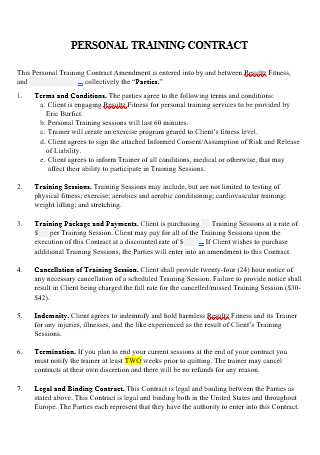
For newbie gym goers, going to the gym or attending a fitness class may seem quite intimidating and awkward at first. You are unsure if you are using the…
continue reading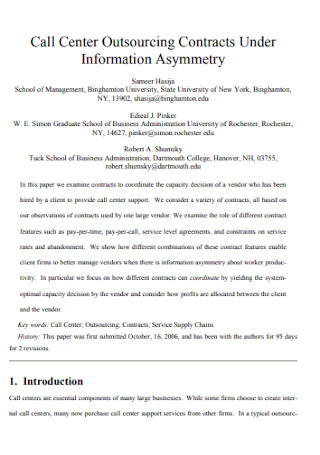
In a world that revolves around creating businesses, producing goods, and providing services, it’s no wonder that the marketplace continues to expand. With many companies rising above many others,…
continue reading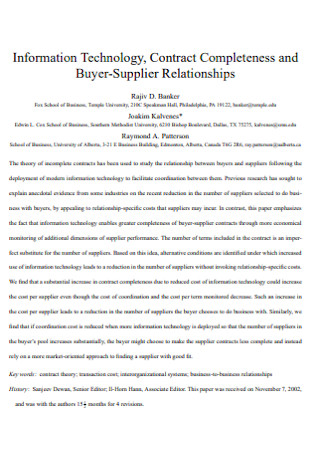
Information technology is one of the most on demand fields in the market as of the status quo. Because of the rise of the demand of technology in the…
continue reading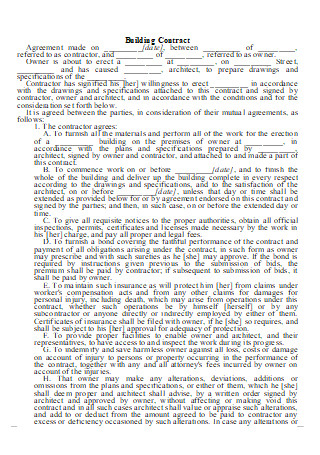
Have you found a prospective client for your new construction business or you are still learning the basics of the construction business that you are about to establish? Either…
continue reading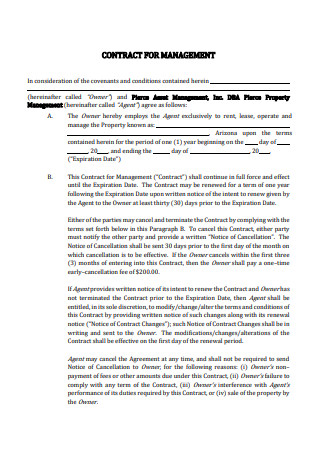
There’s more to owning a rental property than just having to make sure that it is occupied. Some owners can lack either the technical knowledge and experience or the…
continue reading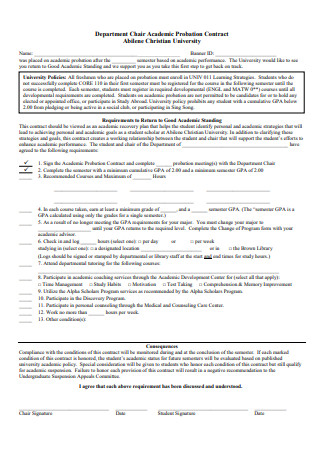
Especially for small businesses, it is a must to be careful and wary of the people it strategic plans to get involved with. Luckily for them and for most…
continue reading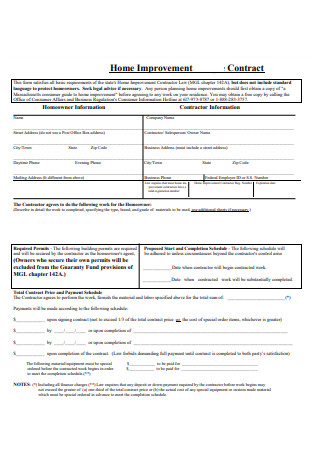
Are you the type of person who wants his home to be always beautiful? Maybe the appliances that you can be bought in a home depot or the home…
continue reading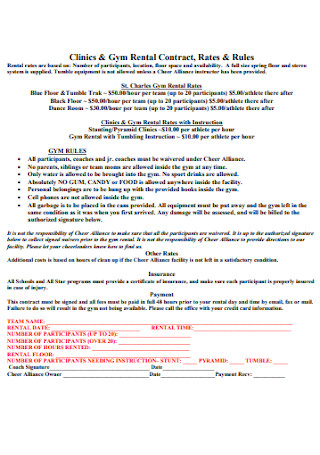
Rental Contracts are essential documents that must be prepared to properly execute a transaction that involves temporarily owning, or renting out a property of another. This protects the parties…
continue reading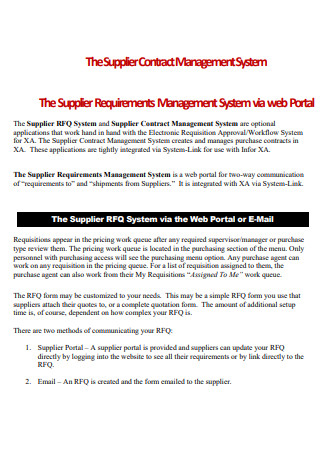
If the saying “No man is an island” is applicable for individual persons, it also rings true in a business sense. No matter how ‘self-made’ some people regard themselves…
continue reading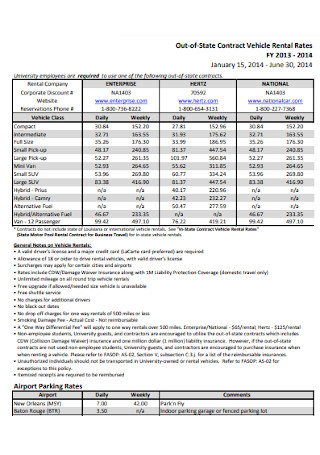
The rental car industry has existed and functioned as a business enterprise for over 90 years with the biggest car rental conglomerate, Enterprise Holdings, ranking number 12 on Forbes’…
continue reading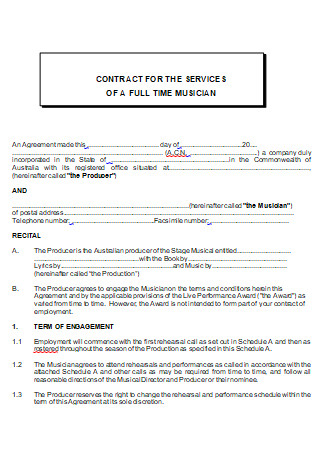
In the last two decades, being a working musician has immensely changed as the artists in today’s generation must be more responsible than ever for the trajectory of their…
continue reading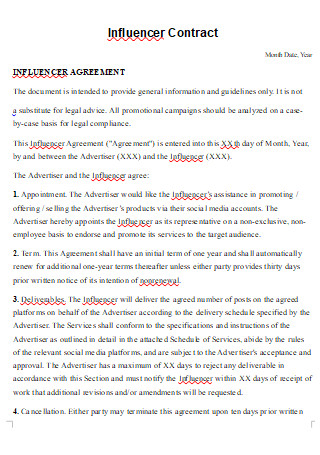
The incredible rise of social media opened the gates for people who were consumers before as they transitioned to become content producers. From beauty, lifestyle to business and financial…
continue reading
When someone decides to buy a new house but is able to afford rent, most of the time they would find a house that is legal and safe, legal…
continue reading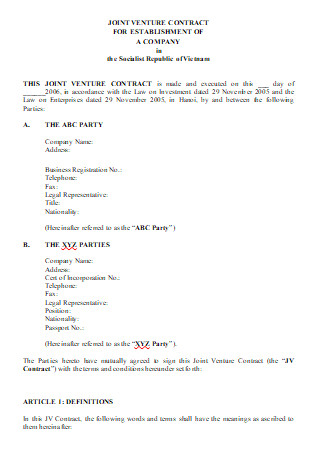
Most businesses enter into joint ventures for several reasons that primarily has to do with the growth of the business and building sturdy foundations to reach a broader market.…
continue reading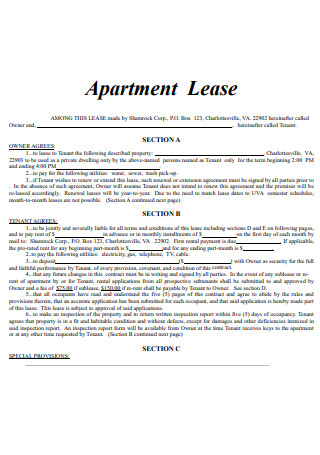
Looking for a space that you get to call your home is actually rather difficult, more so when you are on a tight budget that can only afford spaces…
continue reading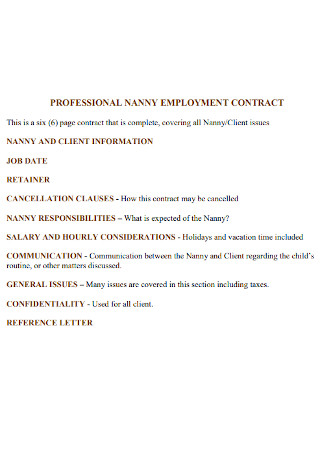
Are you a working mom and you have the problem of who will take care of your kids? This is a common problem that we could have when we…
continue reading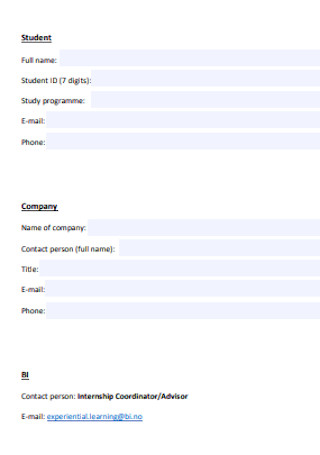
The comedy-drama movie “The Intern” was a 2015 film that starred Anne Hathaway and Robert De Niro as the lead characters. The film captures only a fragment of the…
continue reading
Kate Moross, a famous illustrator of stylish hand-lettering artworks and color pop designs, said: “The key to great ideas is not having them, it is executing them. And great…
continue reading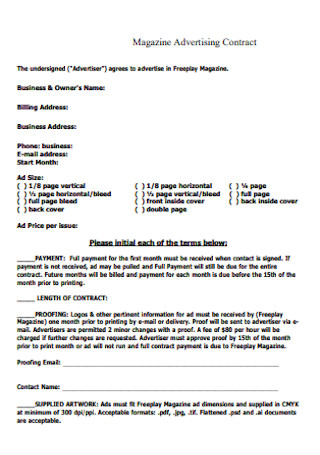
Brand visibility, an extensive understanding of your target market and ultimately business growth are only three of the many items that most business owners should cover in their business…
continue reading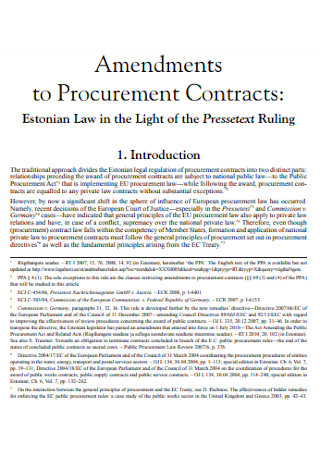
Albeit being a small business, you would still need to have purchases and more so as your business starts to grow thus it is essential to develop a procurement…
continue reading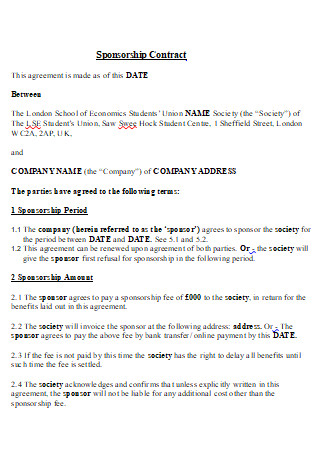
Are you on the lookout for a sponsor, or have you considered becoming one? If you work for a large corporation, you've almost certainly sponsored an event at some…
continue reading
A teacher’s job is not only confined within the four corners of the classroom nor are they not only expected to exclusively teach whatever it is on their Lesson Plans.…
continue reading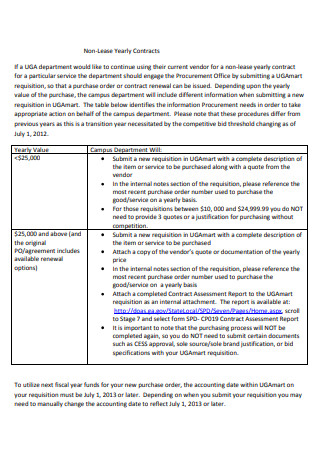
Contracts are needed in all engagements that we do. In our jobs, we are inclined to sign an employment contract for us to be able to work. Whenever we…
continue reading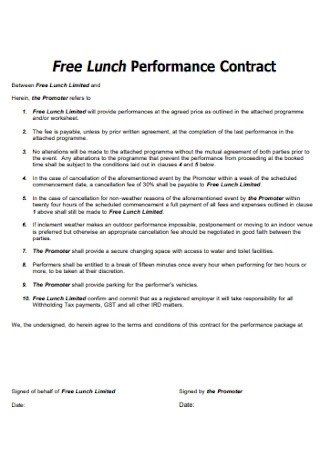
Restaurants have been one of the most popular places people visit. Lots of people really love to enjoy their delicious meals especially if they are budget-friendly. Speaking of budget-friendly,…
continue reading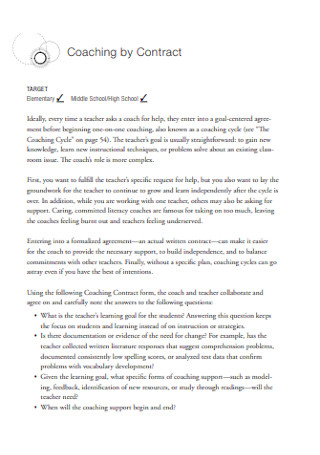
Around the world, people have their preference when it comes to sports. Each country prefers one sport over the other, and the inhabitants refer to them in various names.…
continue reading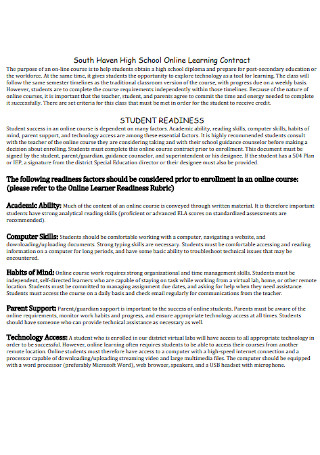
Learning is always associated with school. But over time, people eventually realize that learning is a lifelong process and does not necessarily end after graduation. Learning can also come…
continue reading
As you grow older, there will be aspects in your life that you would place more importance on, in contrast to the past where you might have overlooked their…
continue reading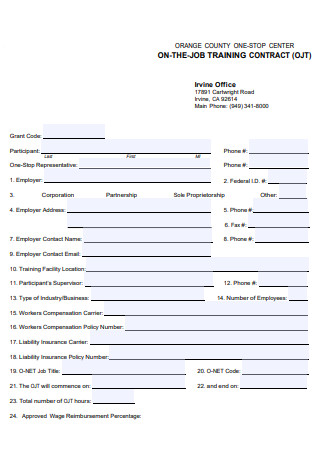
No matter what role you have in an industry, it is always advisable to make sure that your work is being credited and paid. This is made possible by…
continue reading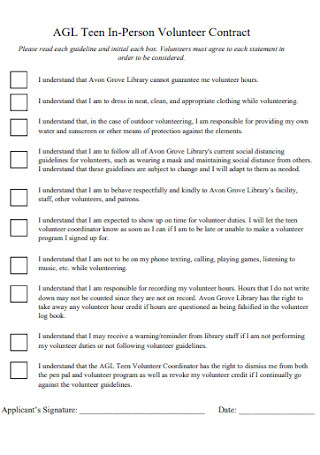
Volunteerism is considered a noble act. Not all people have the desire to help others willingly. With life already hard as it is, especially in the time of a…
continue reading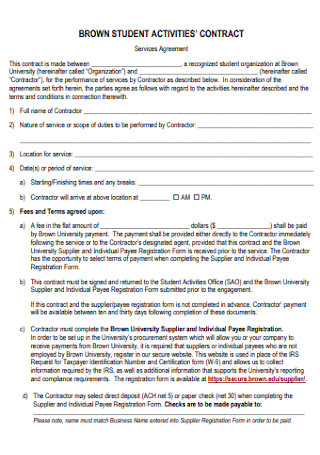
When people think of university, several things may come to mind- fraternities, parties, freedom, academic challenges, and maybe even sleepless nights. University is an excellent time for exploration and…
continue reading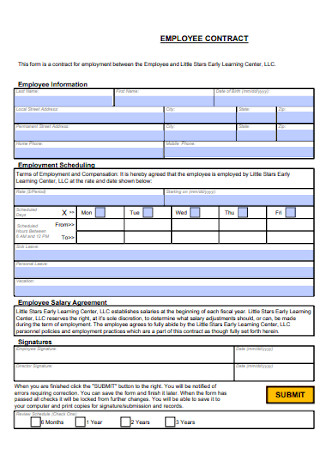
People cannot live without a job. We need our jobs to support us in our everyday living. It is our jobs that keeps us to afford food, clothing, and…
continue reading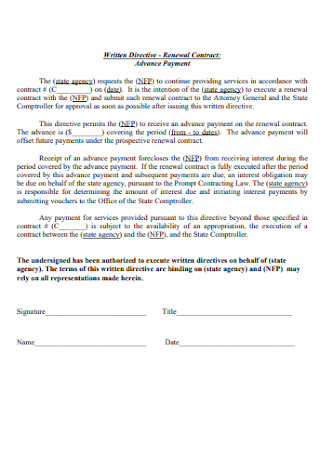
According to Simovic (2021), the number of entrepreneurs all around the world is now around 582 million. It has always been said that if you want to get rich,…
continue reading
Painting your walls right does not only make your space look good, but it also protects the surfaces for the long term. You can make a room smaller or…
continue reading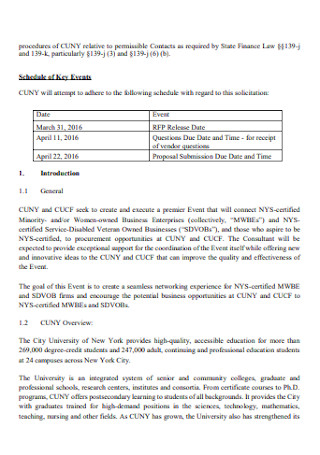
The world is full of uncertainties and unforeseen events just waiting to happen. It catches people off guard, and sometimes these series of events happen instantaneously, one after another.…
continue reading
You do not necessarily need to be an experienced designer to create your own website these days. Creating a website is fairly easy to do because of the wide…
continue reading
A house describes the persons living in it. As a famous saying goes, "The home is the starting place of love, hope, and dreams.". An individual will not put…
continue reading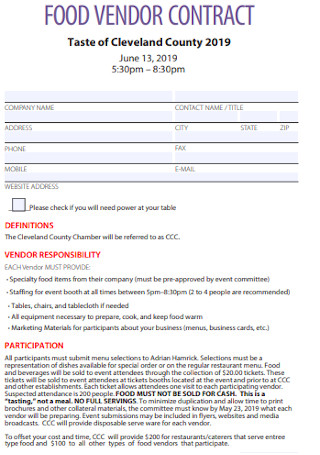
If you are planning to run an event, you will need food for your guest. To provide food, you also need to hire food service contractors. Before you can…
continue reading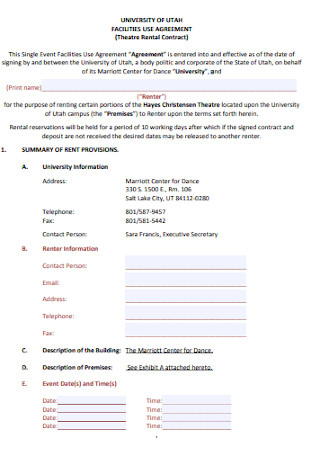
The worst thing to ever happen to anyone who has signed a contract is to be flagged of a breach of contract. According to the Bureau of Justice Statistics,…
continue reading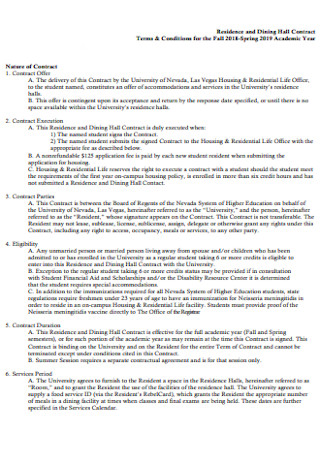
It is everyone’s dream to have a home of their own. In most cases, not just for themselves but for their family as well. However, many factors affect this…
continue reading
The total amount of income that is to be generated by the repair and maintenance industry in the United States is expected to reach an overwhelming sum of 191.4…
continue reading
For most sellers, return of investment as well as stable income is their primary goal. As for the buyers, they are the ones who are in dire need of…
continue reading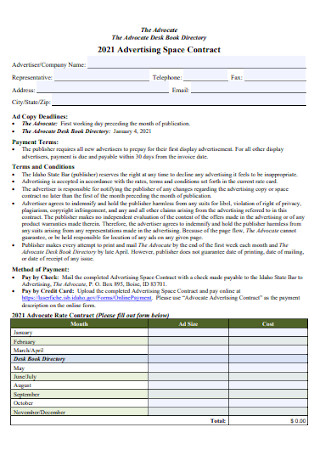
Companies like McDonald’s, Starbucks, Samsung, Apple, Ford, and many others reach their audiences through different means of advertising. During a time the pandemic heavily affects the economy, and fewer…
continue reading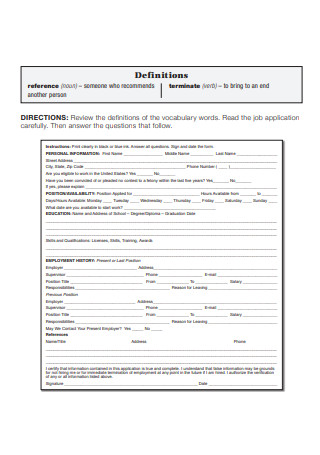
Many people are guilty of signing up for a gym membership but are unable to follow through with their commitment. The list of excuses can go on and on.…
continue reading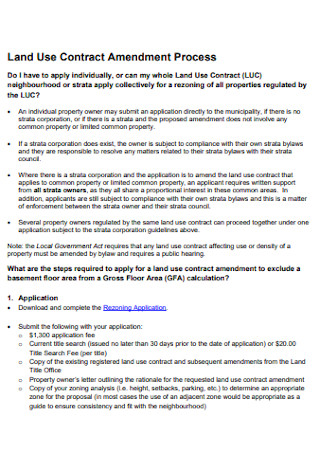
The main point of having a contract is to make sure that the project or service will be up and running as smoothly as possible. It is also a…
continue reading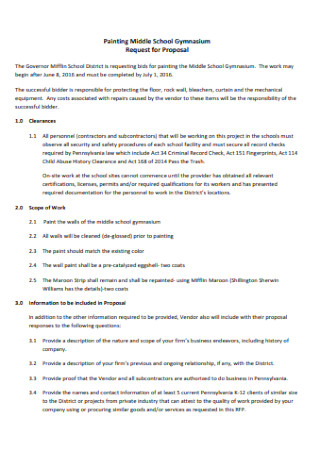
Due to the increasing demand in construction, particularly infrastructures, the paint and coating industry is expected to have a massive increase in value. According to statistica.com, by the year…
continue reading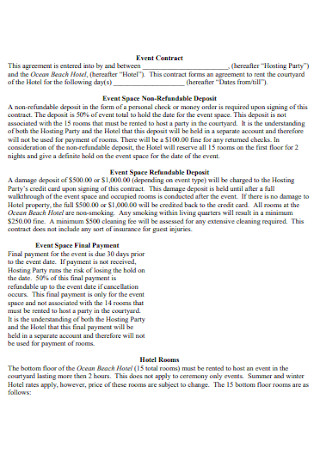
At present, plenty of people are heavily affected by the pandemic. Most people are currently in their homes, either working, studying, or keeping themselves and their families safe. As…
continue reading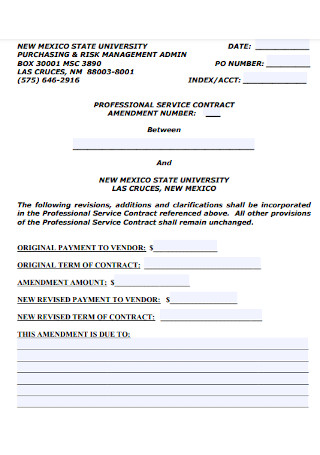
When making any business transaction formal, a contract is typically used to make it official. This allows both parties to adhere to the agreed-upon conditions of the contract as…
continue reading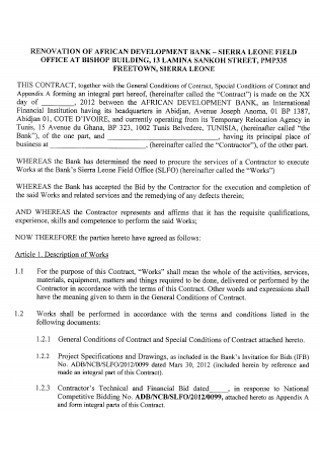
It is not only humans and animals that age. Our houses and structures also experience signs of aging. In line with that aging, materials used in the construction tend…
continue reading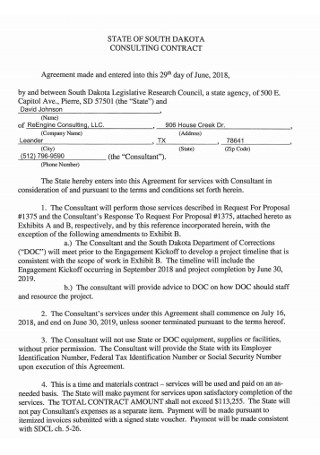
Most startup businesses or starting businesses fail in the first two years. According to the United States Bureau of Labor Statistics or BLS, 20 percent of businesses will fail…
continue reading
Planning an event is never an easy job. In fact, it is often undertaken by multiple people considering everything that needs to be done. However, some people take event planning…
continue reading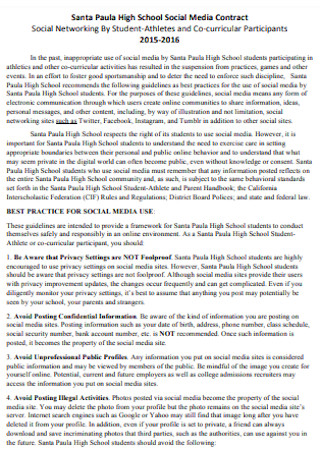
Schools frequently partner with companies and organizations for various projects. Many of these include after-school programs for their students to participate in. These are examples of instances where contracts…
continue reading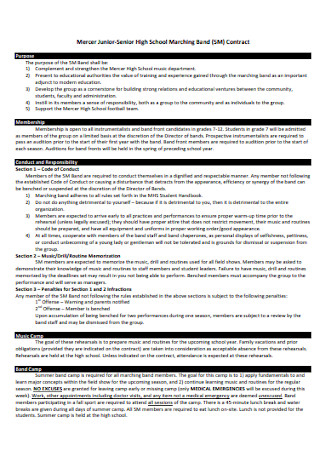
Behind the glitz and glamour of world tours, award shows, and chart topping albums, most people often forget that the music industry is a business too. Like any job,…
continue reading
In 2006, 34.5 million households made use of at least one landscaping service. This is a survey done by the National Gardening Association. This was a significant increase from…
continue reading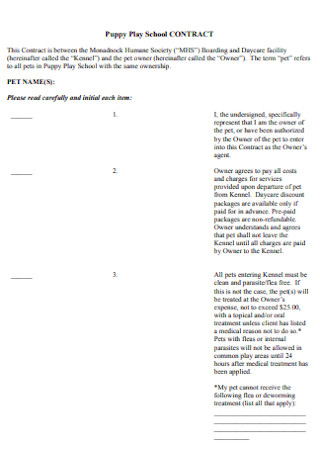
People are known to be social beings. They thrive in environments where they can express themselves freely and share these feelings with everyone around them. It doesn't matter if…
continue reading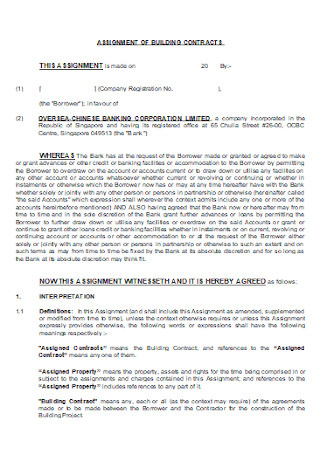
Strong partnerships, mutual understanding, legal obligations, and proper scope of work are born through contracts. Every contract specifies what rights are retained, what conditions and enforced, and more. But…
continue reading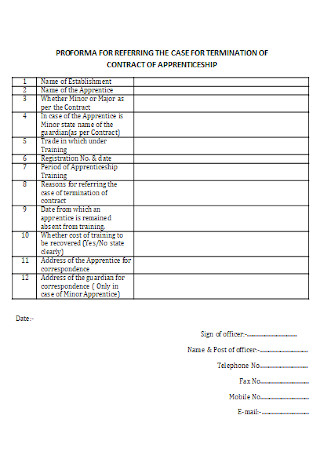
"You cannot please everybody" is a common saying, yet many people work hard in pleasing other people, businesses—parties, in short, to come up with a mutual agreement. This mutuality…
continue reading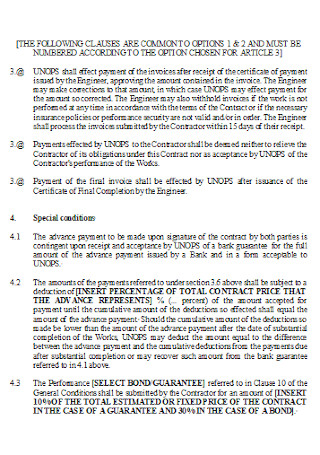
People usually get into agreements to get something in return. A child may agree to clean his room for mom to let him play video games. A college student…
continue reading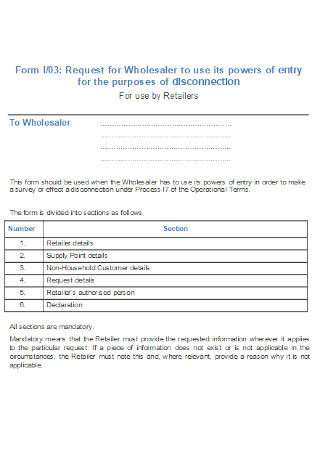
A deal is a two-way street. One person makes a deal with another in return for something. You cannot expect a nurse to perform his/her duties and risk her…
continue reading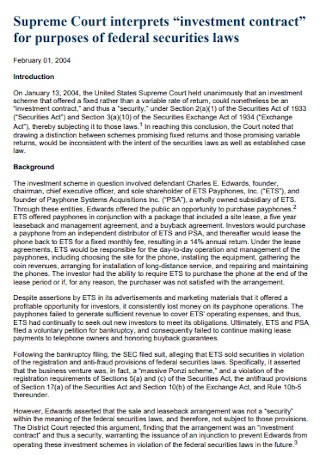
The first rule is not to lose money, and the second rule is not to forget the first rule. That is only one of Warren Buffet’s most famous quotations.…
continue reading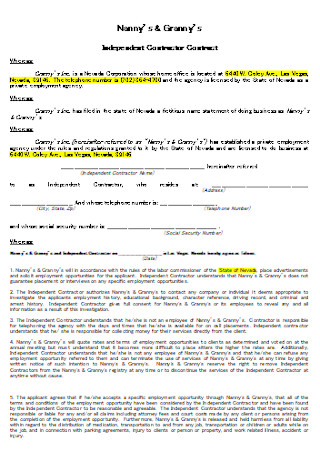
Any parent would dream of finding the perfect nanny, like Nanny Mcphee, who suddenly appears in times of need and uses magic to discipline and teach children. Or perhaps, someone…
continue reading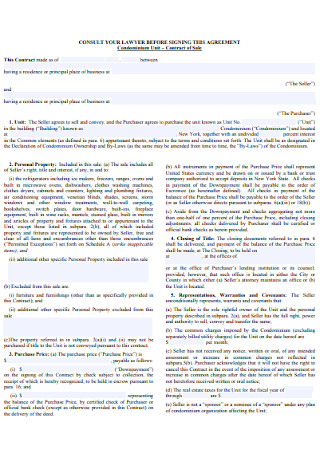
Sometimes, within a household, siblings fight. They fight over the tiny things, over the remote control, over the couch, over food, etc. So, mom or dad tries to make…
continue reading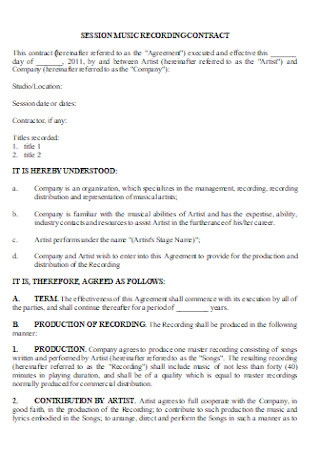
Do you know who the highest-earning musician in 2019 was? According to Forbes, Taylor Swift won that spot and earned a total of $185 million. She is, no wonder,…
continue reading
In a world of equality, nothing is free. Everybody works for a price. Doctors treat the sick for a fee, lawyers defend the weak for a high price, and…
continue reading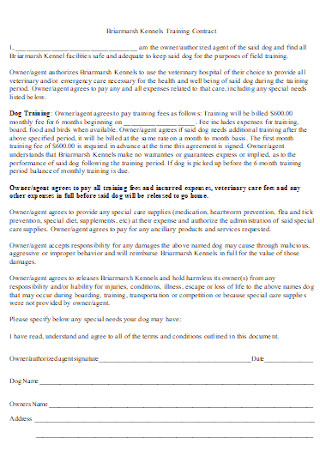
Behind every successful business is a team of skillful and hard-working professionals. Hence, pursuing training for employees is essential for management. Training employees to improve their skills provides invaluable advantages to…
continue reading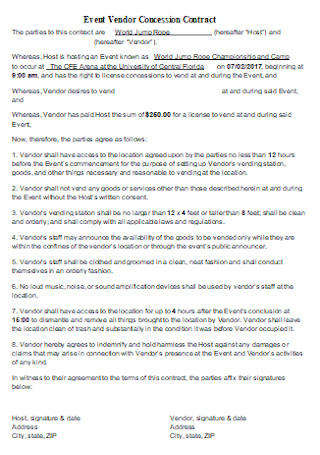
Are you familiar with the message relay game? It is a game that boy scouts usually play. The idea of the activity is to pass on a secret message…
continue reading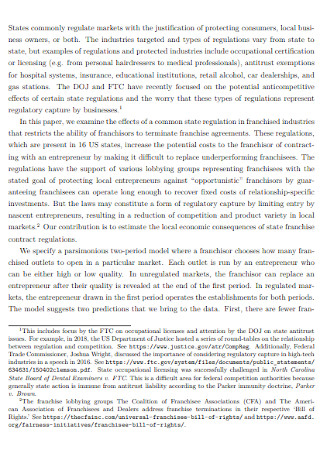
When you think about expansionary ways to grow your business big time, globalization comes to mind. However, it may be easier said than done since you deal with a bunch…
continue reading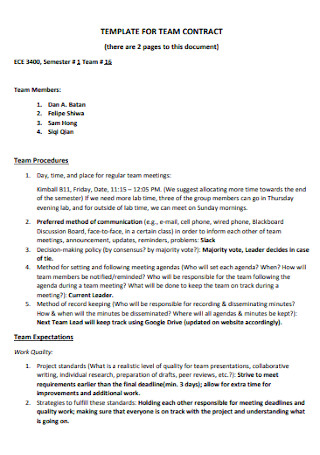
A team contract is a formal agreement among team members outlining their roles, responsibilities, expectations, and protocols. It serves as a guide to ensure cohesive collaboration and accountability within…
continue reading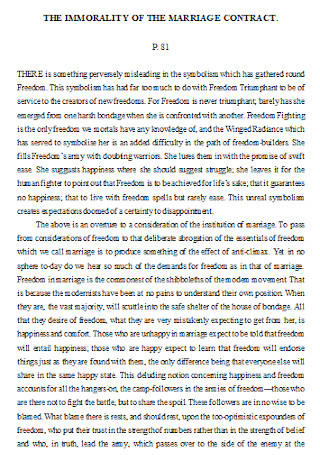
Imagine a house with doors that can’t be locked. People can come and go anytime they want, especially when the house owner is not around. The same is true…
continue reading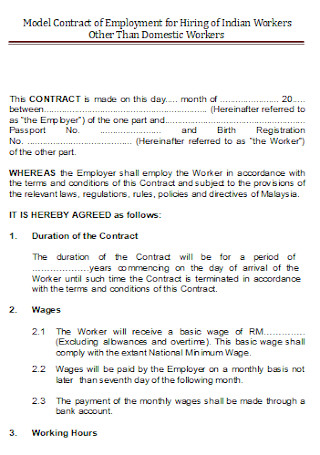
Running a business—either small or established—is not easy. There are many things to consider, and one of those is the hiring of professionals that can help you run it. However,…
continue reading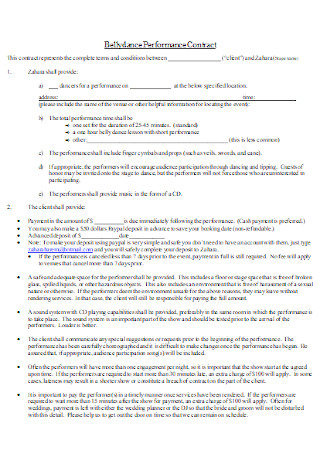
Put yourself in the shoes of an entertainer. You are new to the industry, and a gig opens up for you in a small venue. An acquaintance who has…
continue reading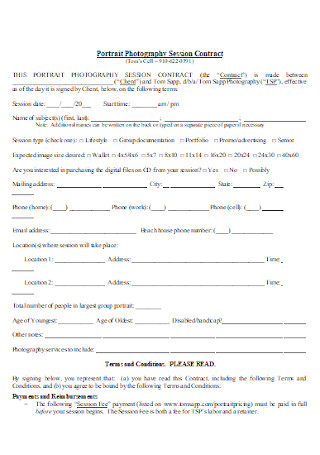
Many pictures leave you in awe, like when you see a high fashion model rocking a pair of thigh-high boots in a photograph. Another example would be the sight of a genuine smile…
continue reading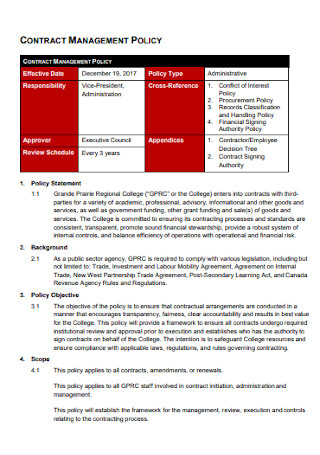
Fathers and mothers want their children to be upright. No good parent would want their child to choose a path similar to a downward spiral. So, what would a…
continue reading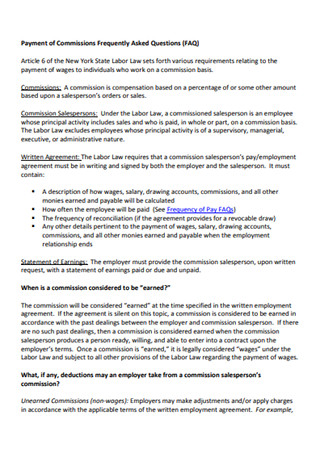
Whatever your job description is, getting the same paycheck twice a month can be of great comfort. Some professionals on salaried positions often feel like their work efforts do…
continue reading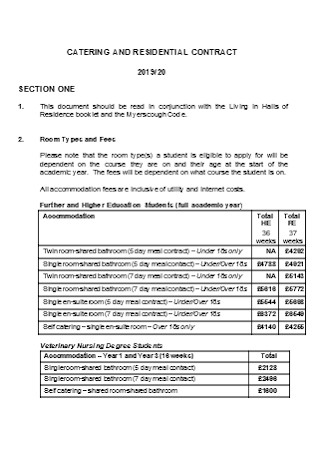
Picture a moment where a big event is coming up—a birthday party, perhaps. The guests invited from the party may look forward to greeting the celebrant, taking pictures, or socializing with…
continue reading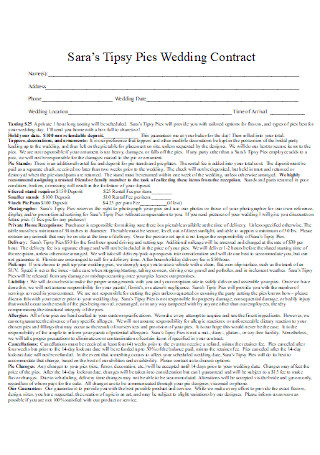
Have you ever attended a wedding that was unplanned and impromptu? Maybe you did, but the wedding was casual, and you had to go home right after the groom…
continue reading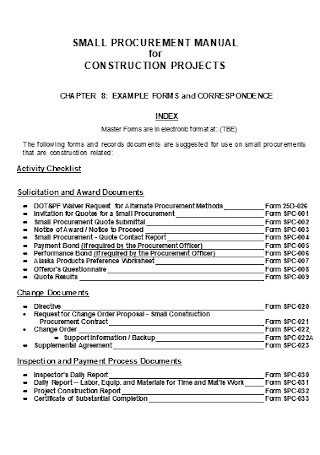
Managing a construction project—developing or remodeling a residential or commercial space— is a stressful job. There are several essential things to consider to proceed with the project, such as…
continue reading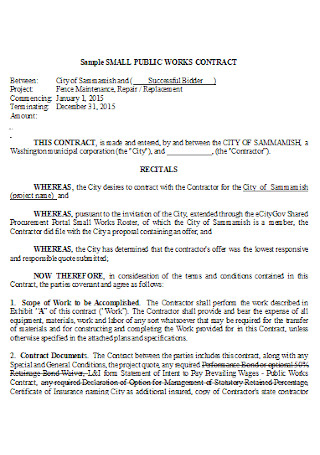
Why do some people belittle janitors? The automatic answer may be of how cleaners take the work of servants. Servants look after employers, cleaning service, and others stated in…
continue reading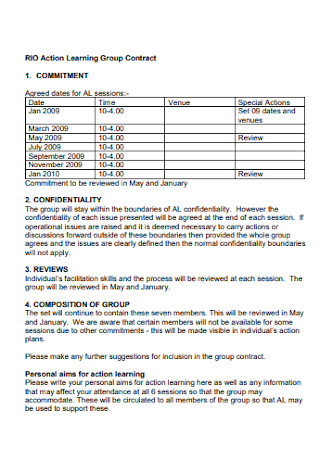
Did you know that animals also work together in teams to survive? Dolphins communicate with each other to survive. They use different methods to converse, from vocal shrieks to…
continue reading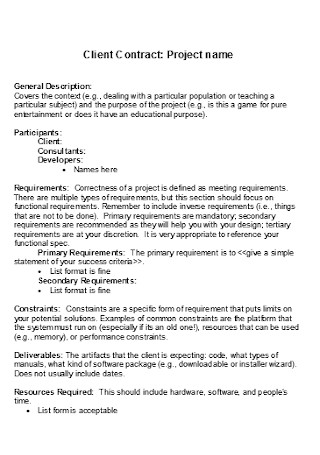
Think of a father who promised to buy his son a bicycle if he gets an A in geometry class. The boy agrees with his dad's condition written on…
continue reading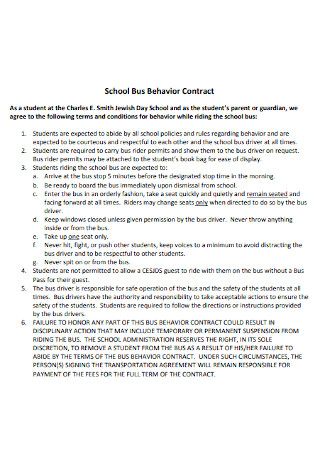
American psychologist B.F. Skinner introduced us to the operant conditioning theory. What was it again? It states that learning can work through means of giving punishments and reinforcements. What…
continue reading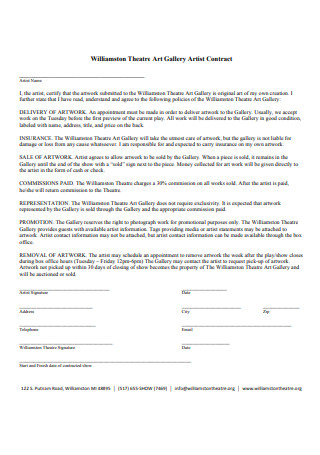
The manager—24/7 ally, support system, adviser, and above all, the most impactful professional in an artist's team—according to an article from Berklee. An artist manager's role goes beyond organizing the…
continue reading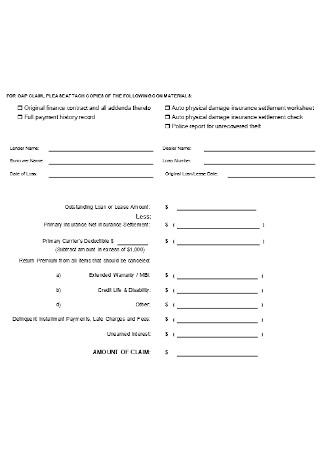
If you are asked to choose between "Patience is a virtue" and "Time is gold," which would be your preferred mantra? Apply your choice to a situation where you get…
continue reading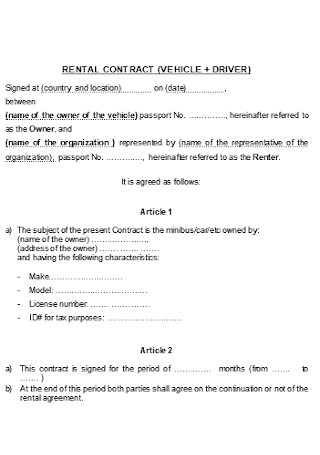
We all know who Warren Buffet is because he is one of the richest men in the world. People call him the “Oracle of Omaha” because he is the…
continue reading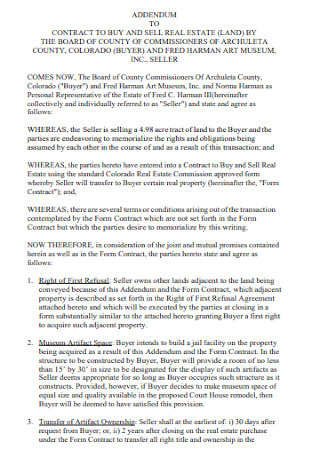
When you have the national spirit for living the American dream, what do you envision? To achieve your highest potential and to receive personal freedom could be perceived. However,…
continue reading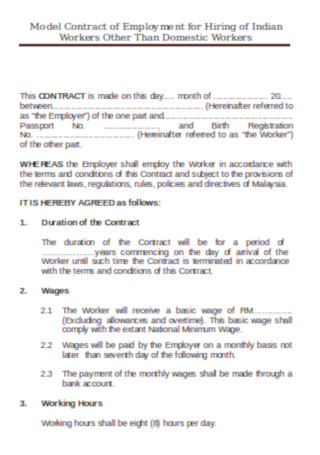
93% of organizations specified that they are using standardized practices for project management (source: pmi). To make sure that all of the specifications of a given project are well-managed,…
continue reading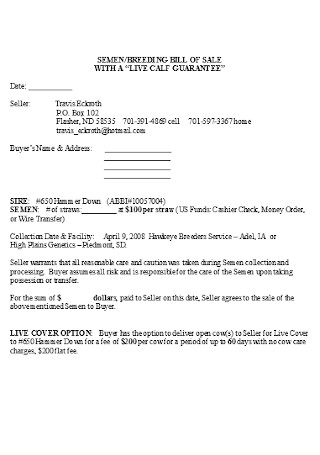
John decides to buy a car from someone he knows only on a superficial level. Since the seller is a person he knows, he is confident with the deal…
continue reading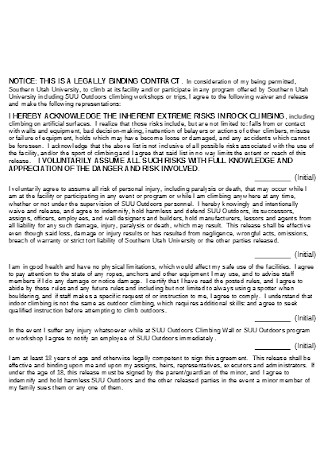
Do you remember that long agreement form you need to sign before being employed? Or perhaps, that lengthy information you see while installing an app that requires you to click…
continue reading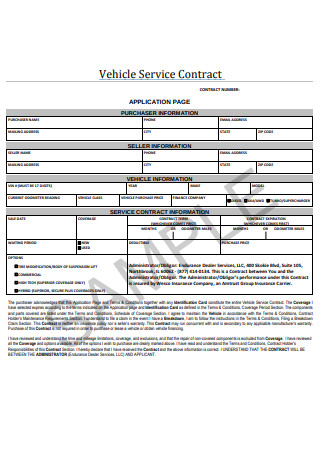
Many people dream of having their own car. After all, an automobile serves as a status symbol of a person's capacity to not only acquire one but maintain it…
continue reading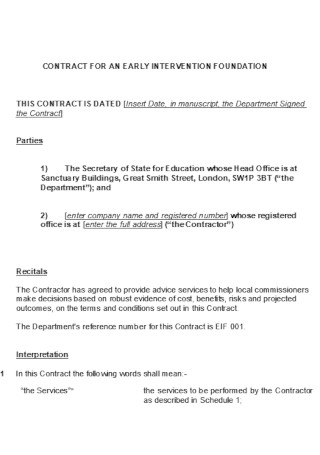
There's no other fitting setting for a contract to be in other than the confines of a business table. A contract's nature to bind parties in a legal partnership…
continue reading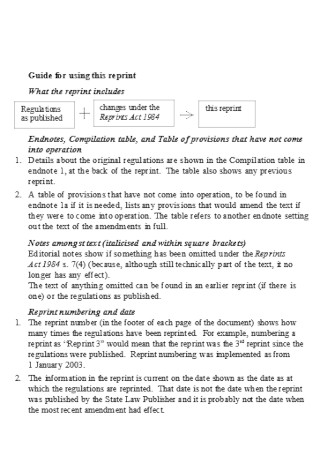
We earn money to pay money for our monthly expenses, but sometimes an event happens, and we pay more than what our incomes can afford. This can be true…
continue reading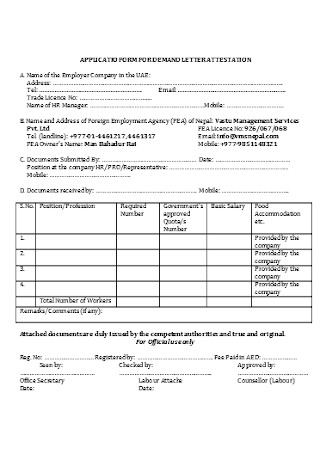
When we enter into a contract, we expect the other party to follow and fulfill their obligations. In the event that they neglect those obligations, it may be necessary…
continue reading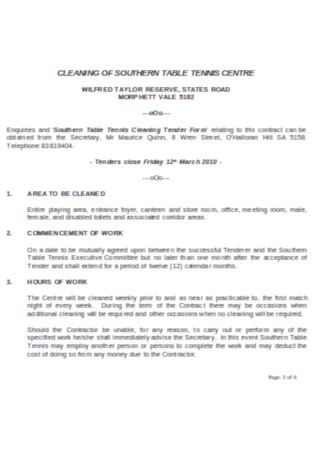
People prefer to leave a first great impression when they meet new acquaintances. They prepare for the occasion by choosing appropriate clothes and polishing their greetings. After all, impressions…
continue reading
Some parents are always on the go due to their job, and sometimes children are left alone at home. Although the majority of the families in America greatly depend…
continue reading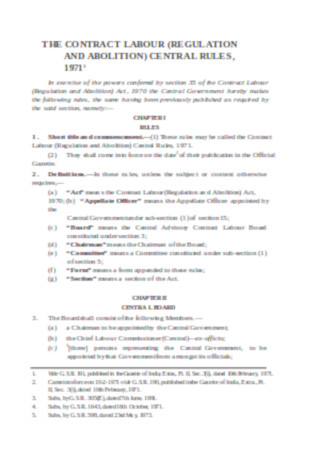
Client relation is an essential agenda for every business in any industry. The changes in your customer's preferences and needs alter the way you do your operations and services…
continue reading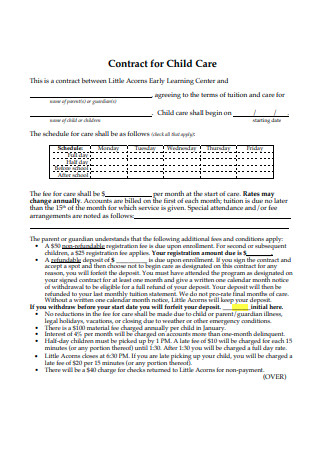
When you’re a parent, there’s no other care you trust your child to receive other than your own. More than anyone, you know you’ll be able to offer the…
continue reading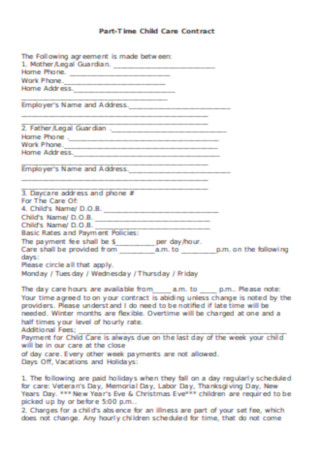
Every parent wants the best education and exposure for their children, sending them to an optimistic environment to develop physically, cognitively, emotionally, and socially as an individual. However, due…
continue reading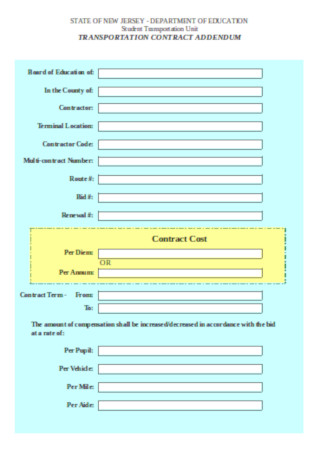
An addendum to a contract is a supplementary document added to an existing contract to modify, clarify, or expand on its terms. It allows parties to make necessary adjustments…
continue reading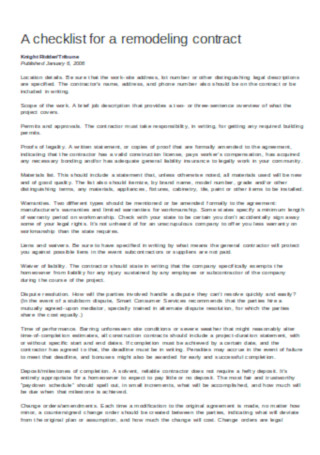
The homes we live in can be more than a place of peace, happiness, and comfort. Not only does it provide safety for the family, but it’s also where…
continue reading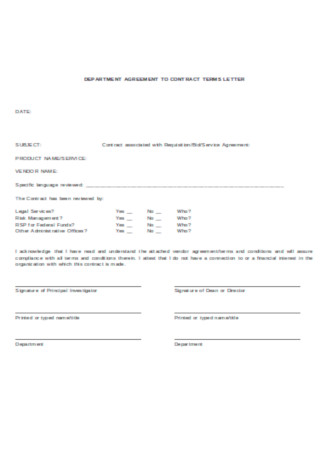
A contract letter serves as a formal agreement between two parties, outlining the terms and conditions of their professional relationship. It ensures clarity on the responsibilities, expectations, and obligations…
continue reading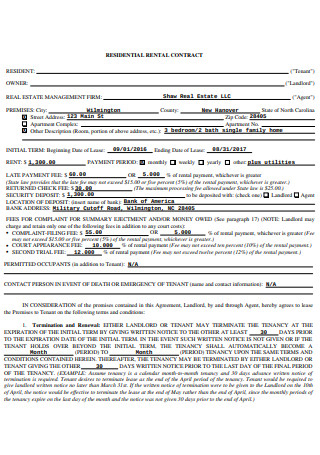
Sheldon Lee Cooper, the beloved genius from hit American television sitcom The Big Bang Theory, used to pester his best friend and colleague Leonard Hofstadter about their roommate agreement.…
continue reading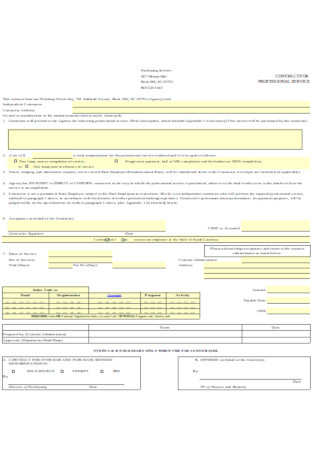
In this era, contracts are essential. For business owners, this document serves as a safeguard for their businesses. When people enter into an agreement and reduce it to writing,…
continue reading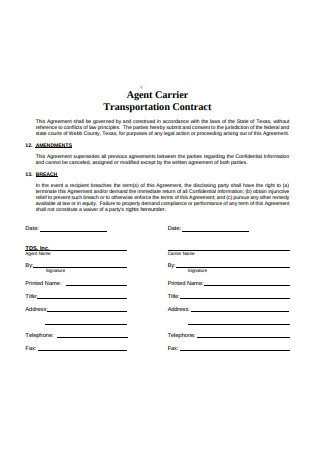
Picture this: you’re planning to sell your house up-state and move to a suburban area to get away from the stress-inducing city life. However, you don’t have the time…
continue reading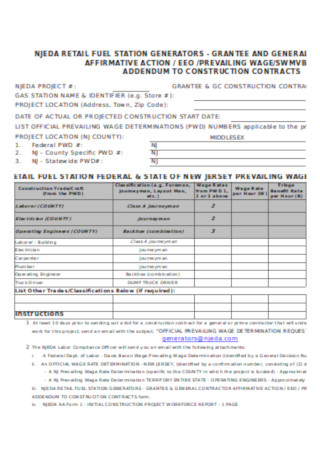
As children, we often question the existence and causes of different objects and circumstances. Little children ask why another building is constructed at the corner street and why those…
continue reading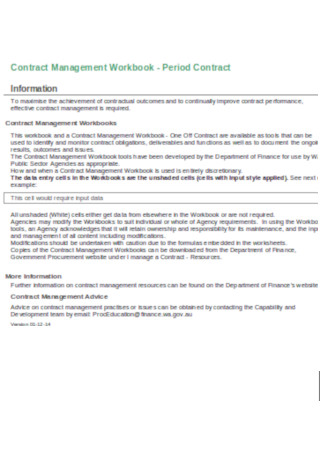
Teamwork, collaboration, cooperation–these are common terms that you hear in an office setting. In a large-scale business, there are some responsibilities or projects that go way beyond what you…
continue reading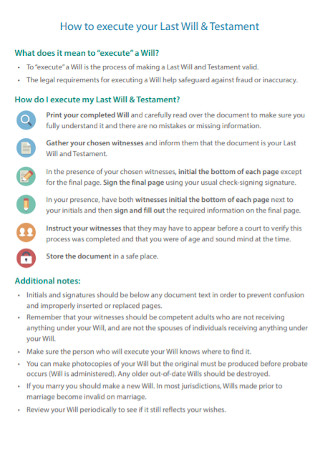
A Last Will and Testament is a legally binding document that outlines an individual's wishes regarding the distribution of their assets, guardianship of minor children, and other personal matters…
continue reading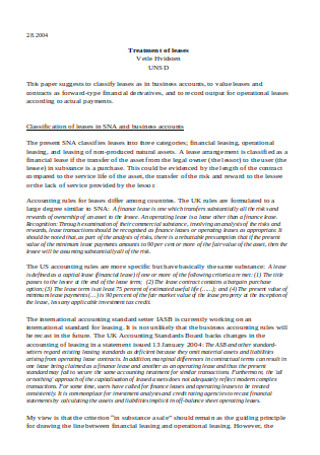
Around 50 to 60 years ago, the dream was to buy a home in a suburban community. The goal was to raise children in a peaceful community—away from the…
continue reading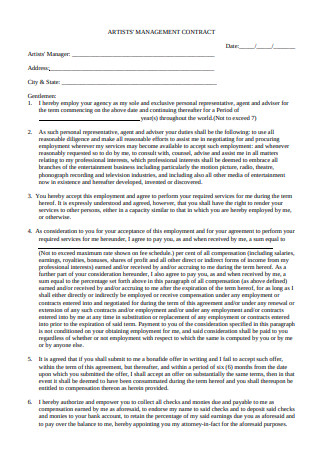
If you’re a classic rock enthusiast, you probably know about Peter Grant. He bagged the title of being one of the greatest managers in rock-n-roll history after successfully maneuvering…
continue reading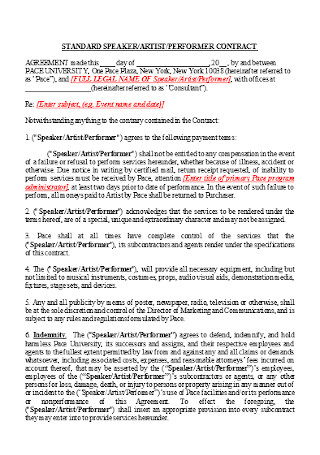
What is the biggest lie mankind has made since the invention of computers? Ticking “I have read and agreed to the Terms and Conditions.” Who wants to read a…
continue reading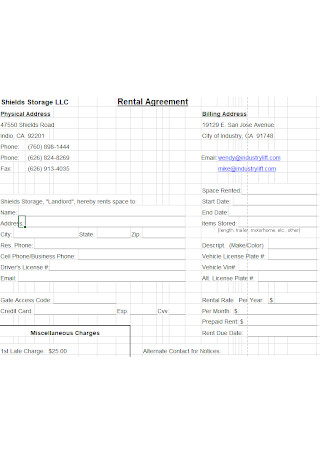
Can you imagine a business world void of contracts? Business partnerships and transactions will surely cease to exist. Many businesses will be robbed of the chance to maximize value, achieve a…
continue reading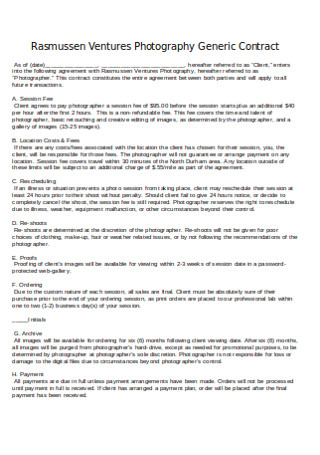
Before the ease of taking photos with handheld phones and portable cameras, physical copies of the images needed several days of processing. The earliest version of a camera dates…
continue reading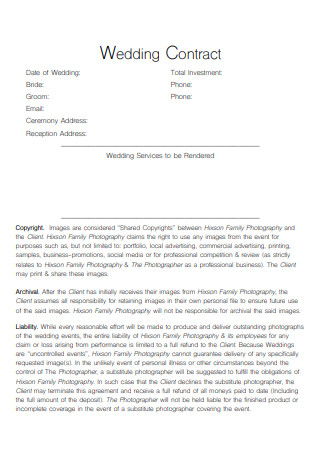
Weddings celebrate the start of a lifelong union between two individuals. After the tears and laughter that follow your engagement, you can't help but start fantasizing about your ideal…
continue reading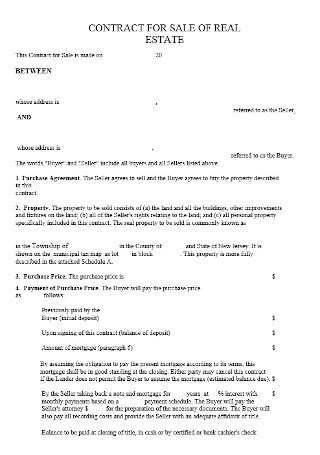
The emergence of the real estate industry roots back to the feudal set-up in Medieval Europe. Vast pieces of land were divided among the clergy and the nobility. The…
continue reading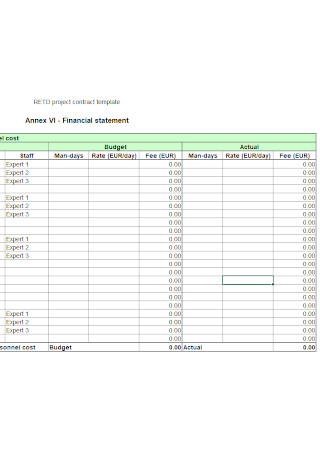
A Project Contract is a formal agreement between two or more parties outlining the terms, responsibilities, and deliverables of a project. It acts as a safeguard for all involved,…
continue reading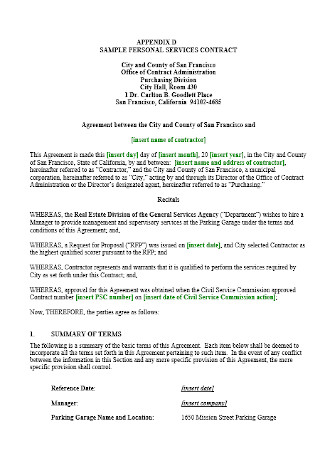
There are three major economic sectors. The primary sectors focus on the extraction of raw materials. Agriculture, fishing, and mining are under this sector. The secondary sectors' focal point…
continue reading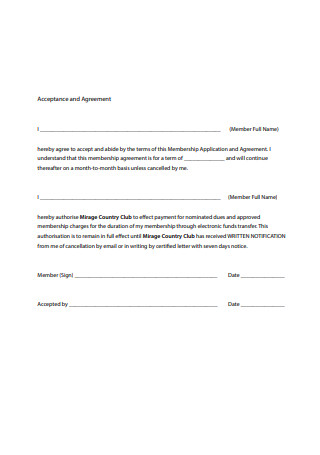
As the peak of the resolution season approaches, you'll begin to notice your membership numbers fluctuate during the first few months of the year. Data acquired by the International Health,…
continue reading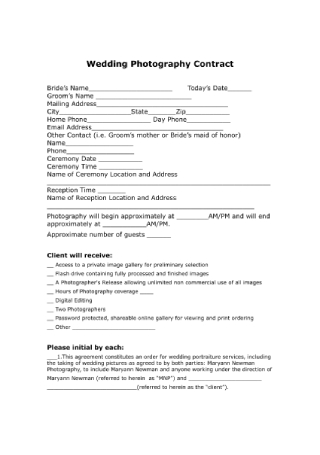
Back in the old days, people would simply shake on an idea and it was a done deal. Negotiations still existed, but not everyone took the initiative to document what…
continue reading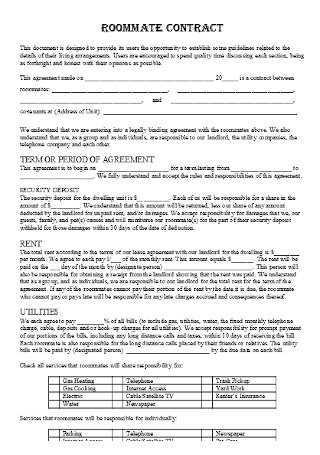
Having a roommate nowadays is a necessity rather than an option. As rental fees continue to rise all too fast while incomes remain stagnant, more people prefer and opt…
continue reading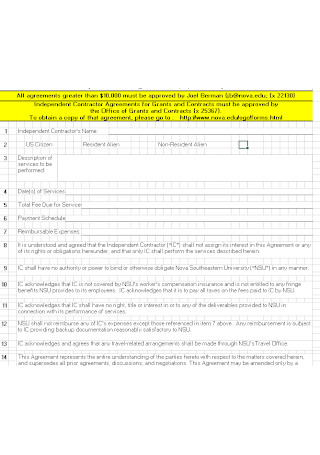
Contracts and Agreements are vital in business and personal transactions. They outline the terms and conditions agreed upon by all parties involved. Understanding these documents ensures that your rights…
continue reading
In today's complex business environment, the existence of a contract and those similar to it are essential to make sure that the parties on either side of a business agreement have…
continue reading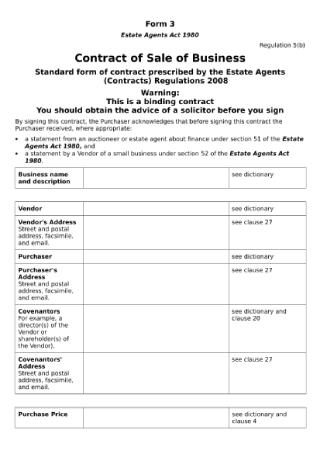
Manufacturing a product on your own can be very costly. This is the main reason why a lot of businesses resort to hiring manufacturers that can help make their…
continue reading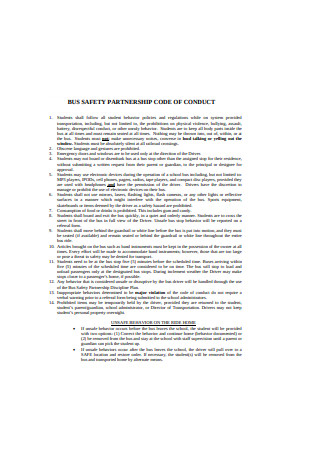
Every year, we witness thousands of ambitious entrepreneurs launch new businesses in hopes of making it big in the market. Many of these businesses are founded by partners who…
continue reading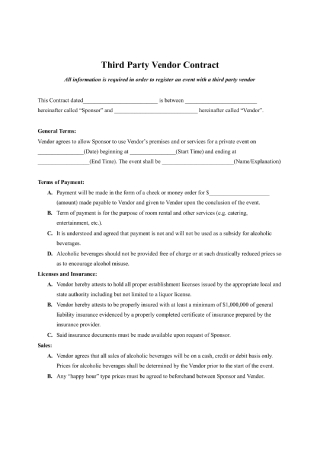
Writing, reading, and implementing contracts are all part of running a business. A number of business relationships are formed with clients, investors, and employees to make sure that company…
continue reading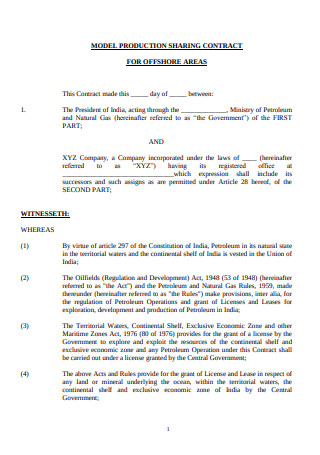
The need for contracts has seemingly grown in recent years. More and more businesses are beginning to recognize the value of contracts in their everyday operations. Anytime products, services,…
continue reading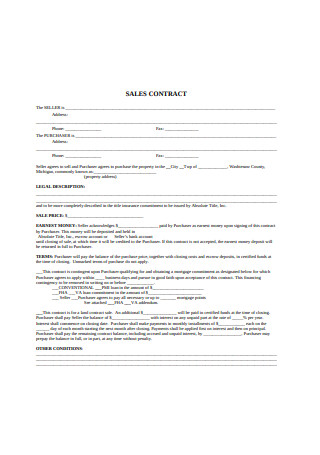
Are you in need of a legal agreement that solidifies a deal between seller and buyer? If so, then you can look no further than sales contracts. Countless professionals…
continue reading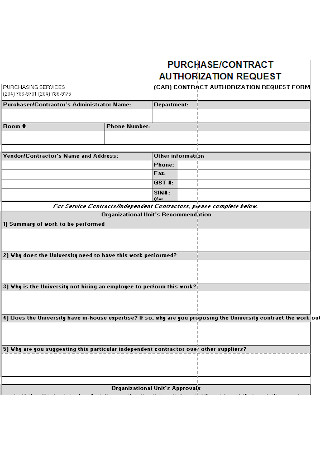
There was a time when handshakes were enough to establish a promise. But oral agreements are no longer as reliable as they were once. Sales contracts are important not…
continue reading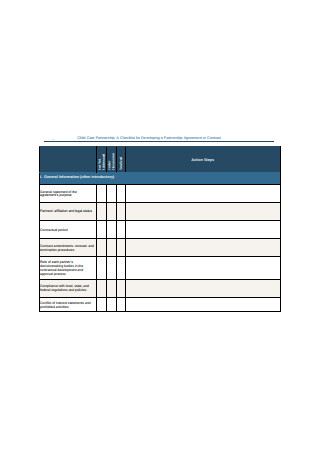
Business partnerships are a lot like personal partnerships in more ways than one. The people involved in these relationships need to establish clear communication and proper understanding to make…
continue reading
A service contract is one of the many types of legal agreements made between businesses and their clients. It has helped many individuals and corporations save thousands of dollars…
continue reading